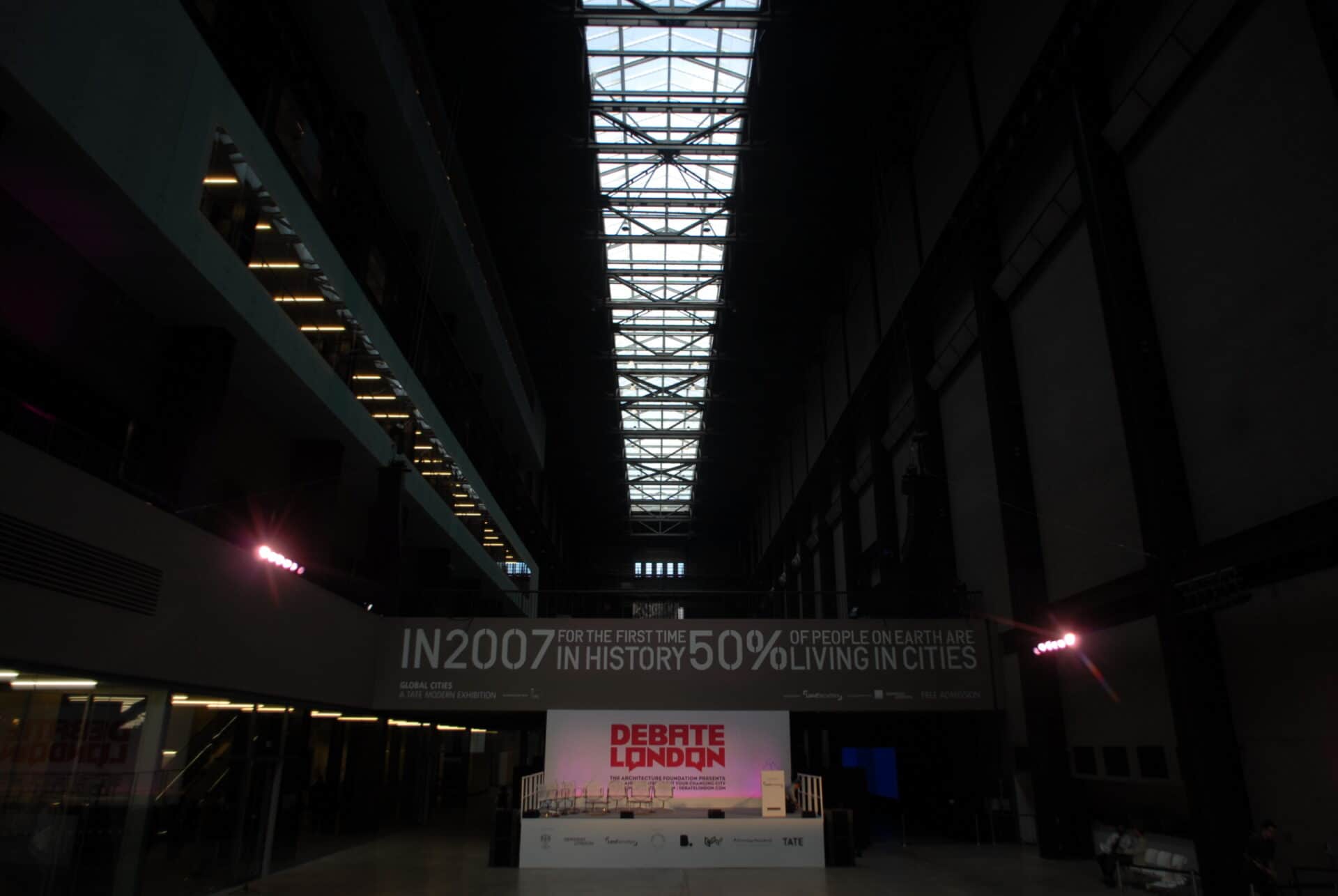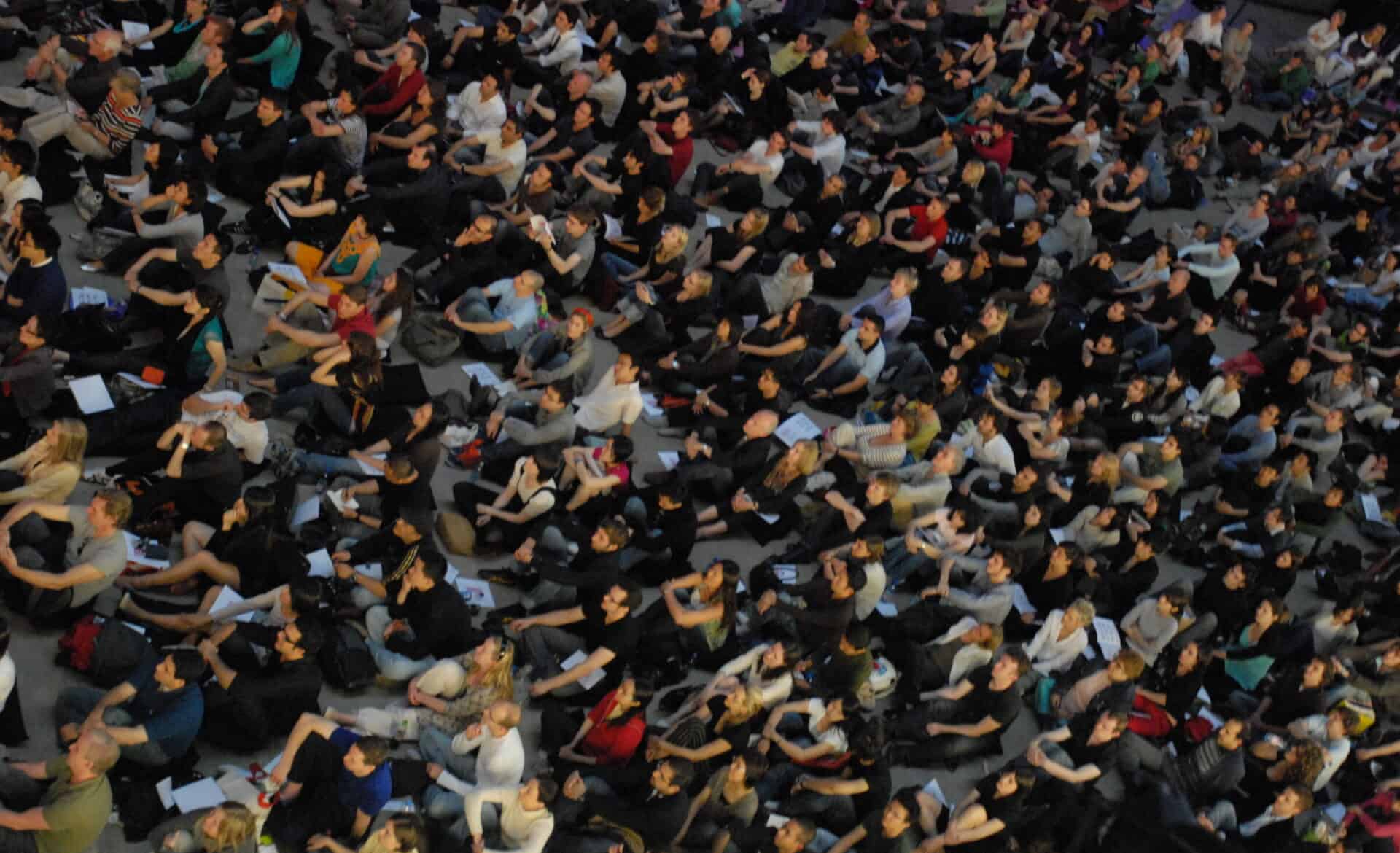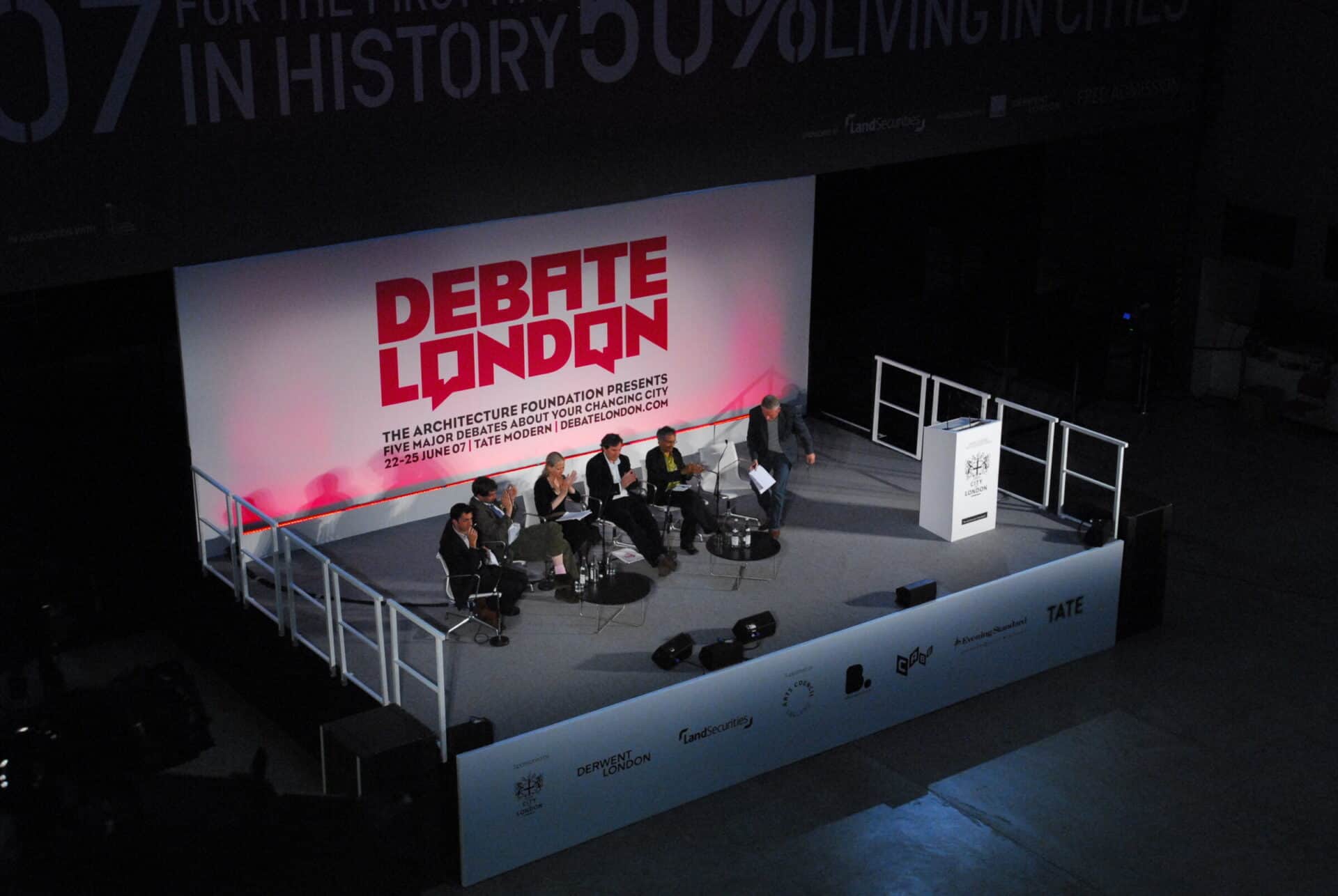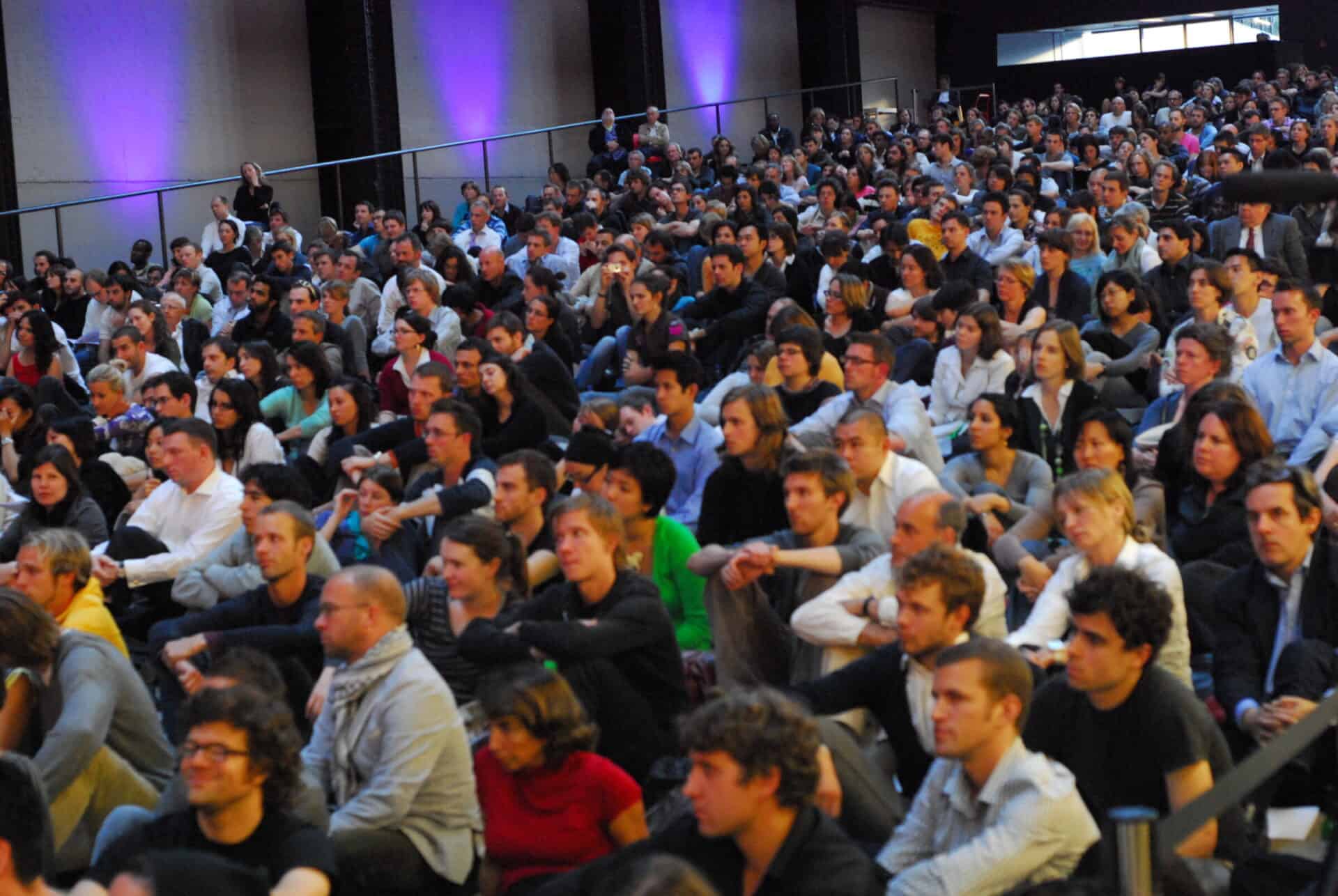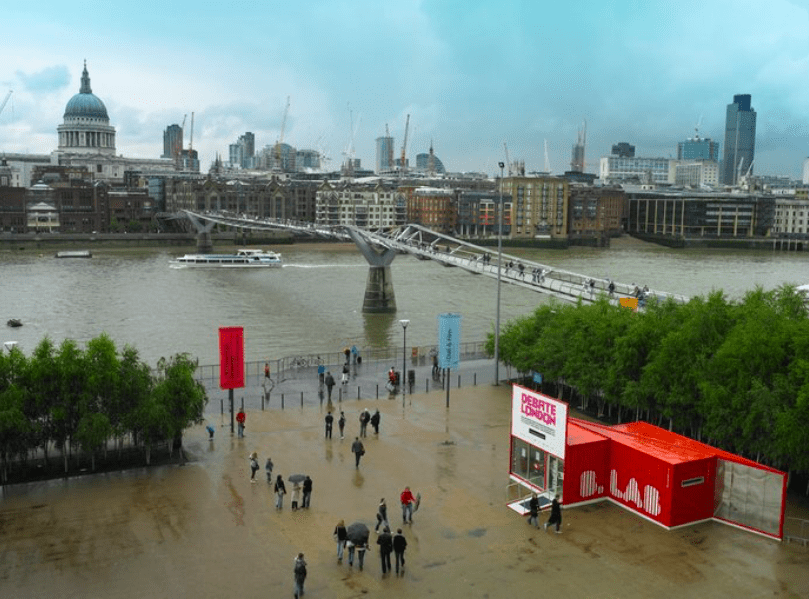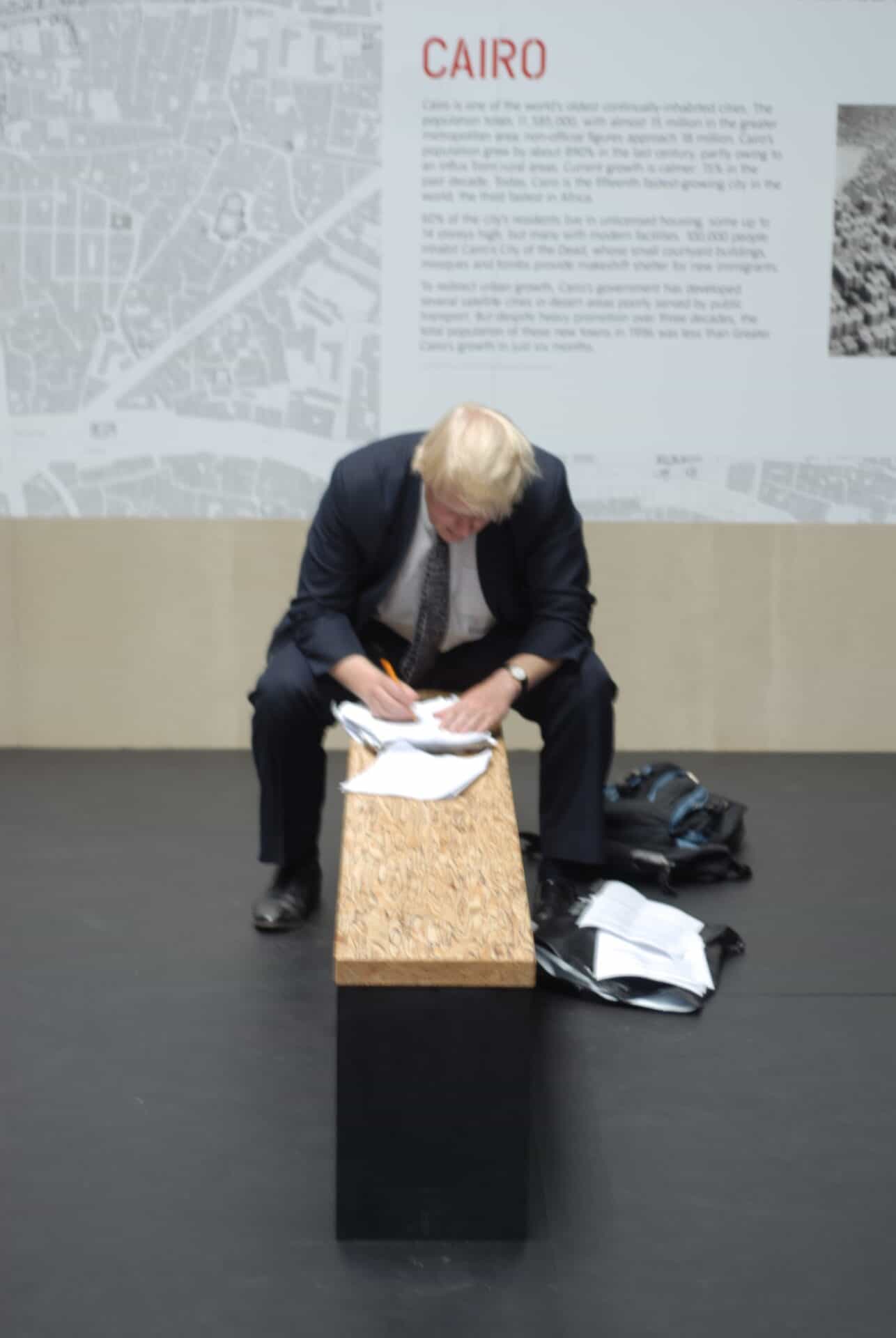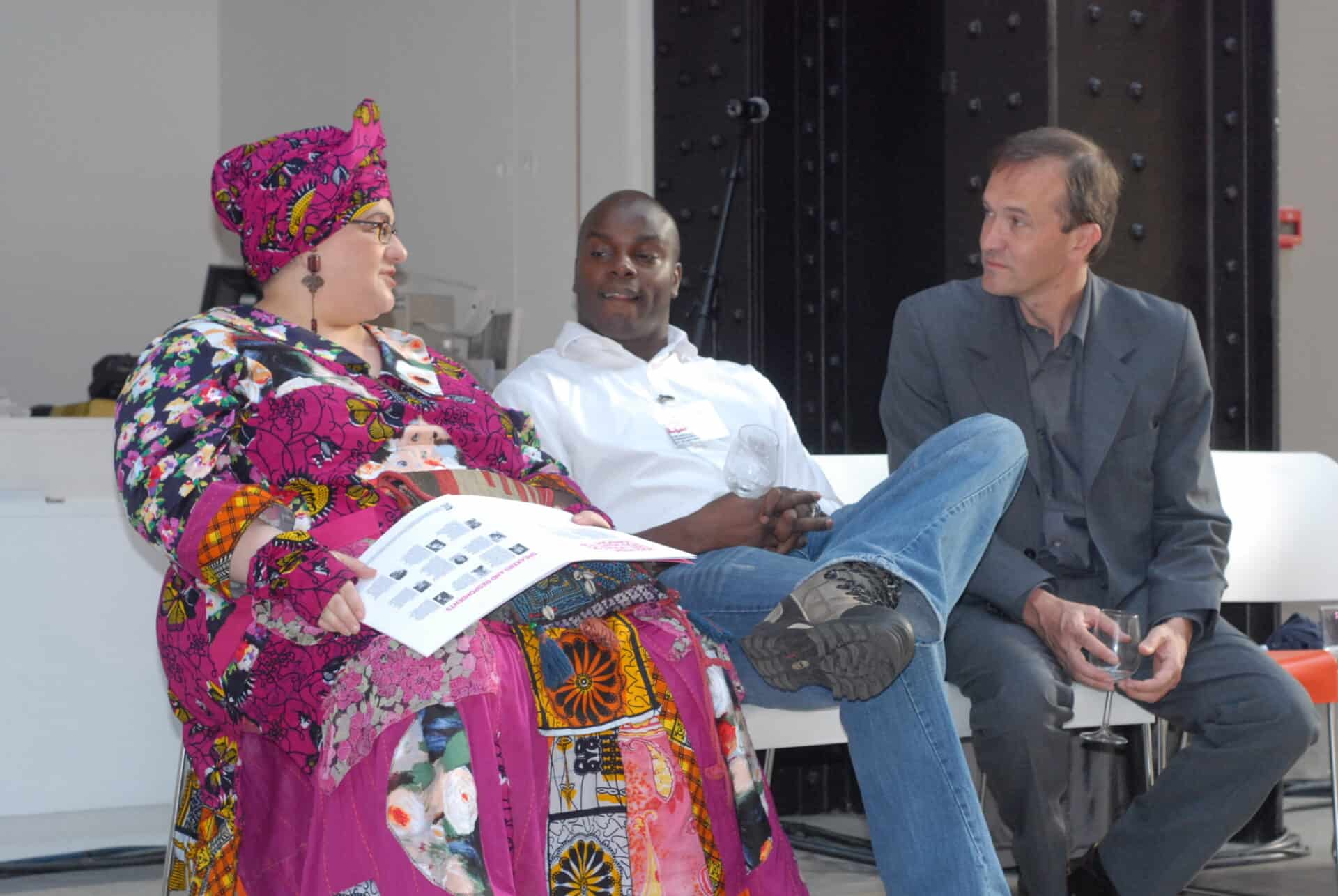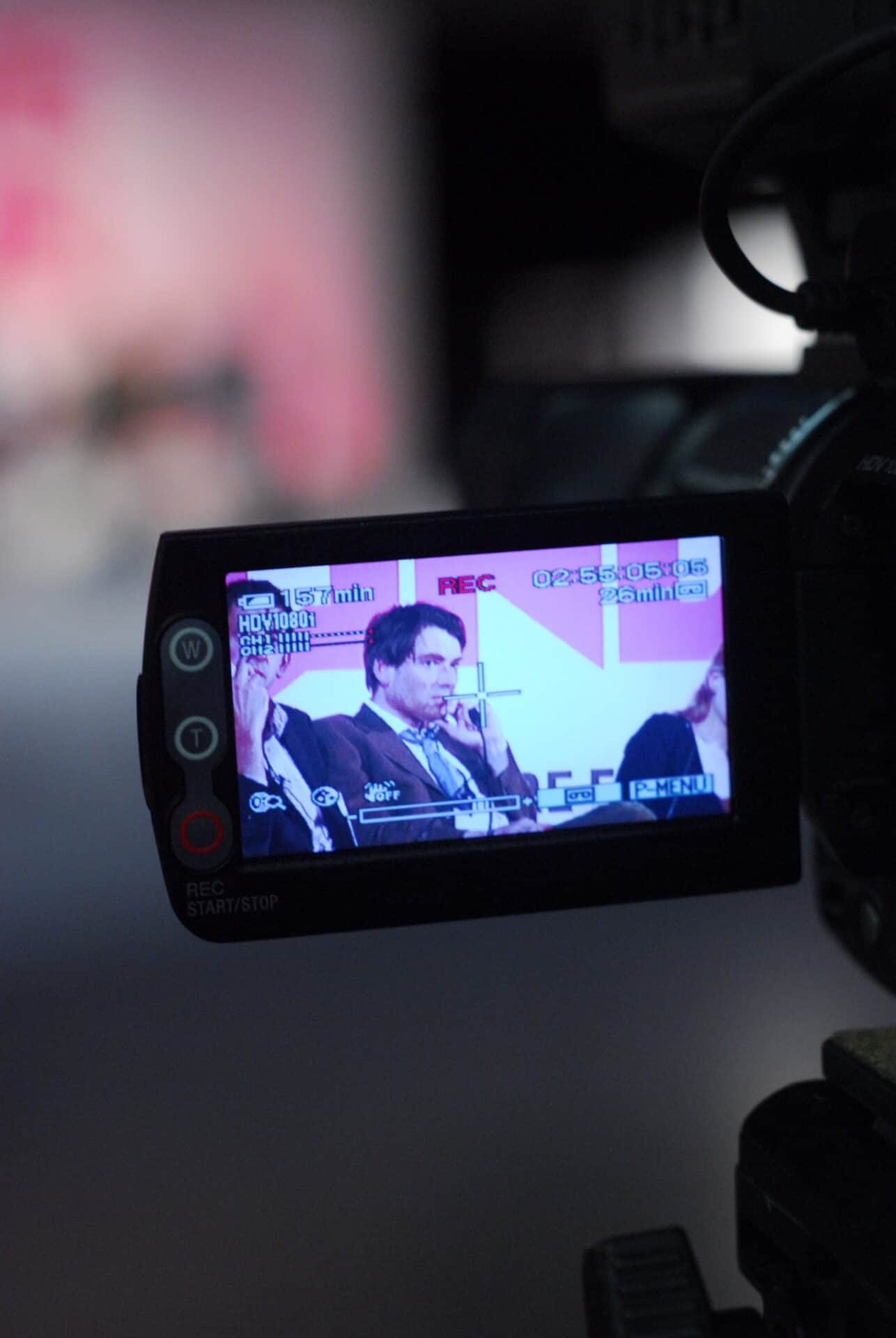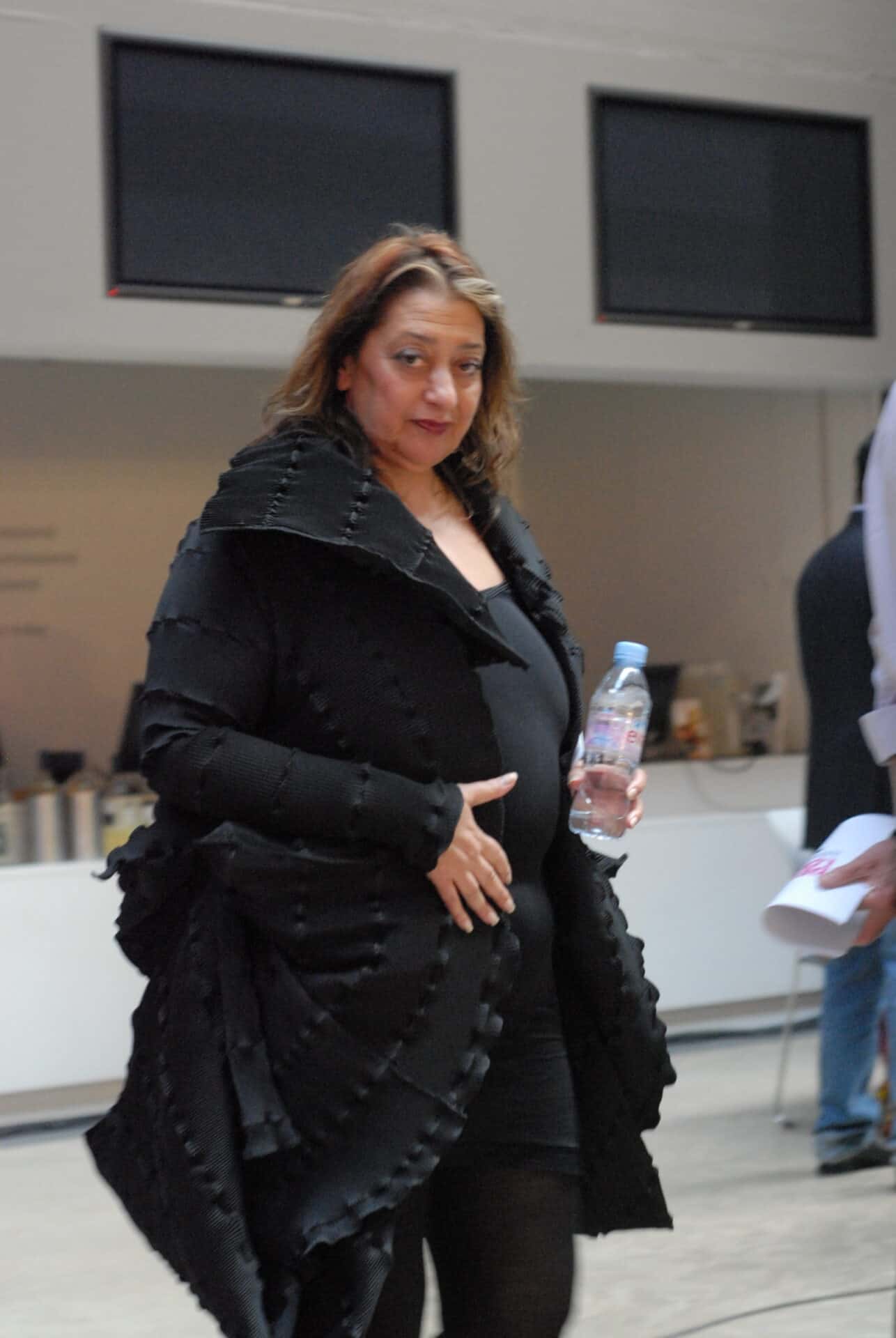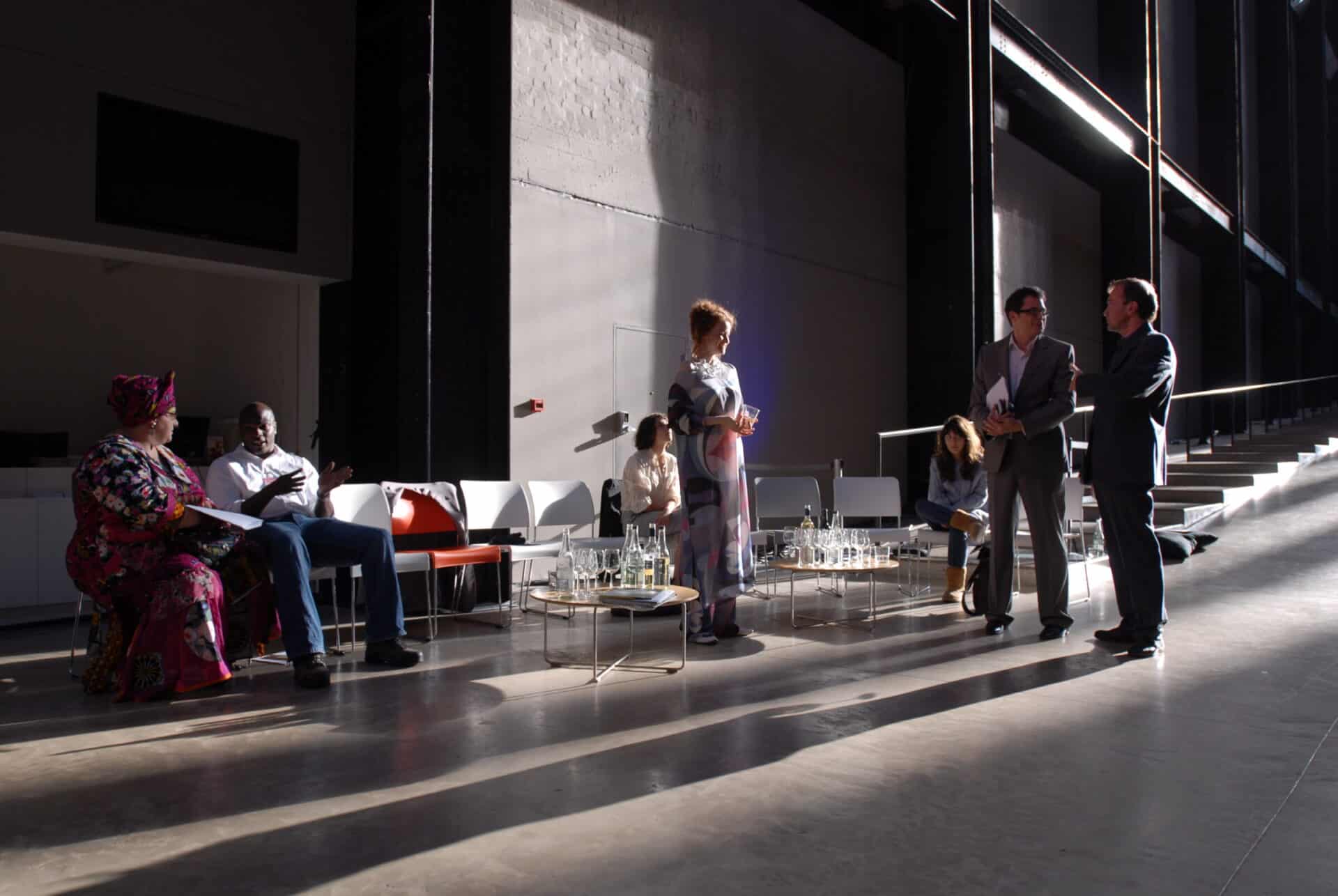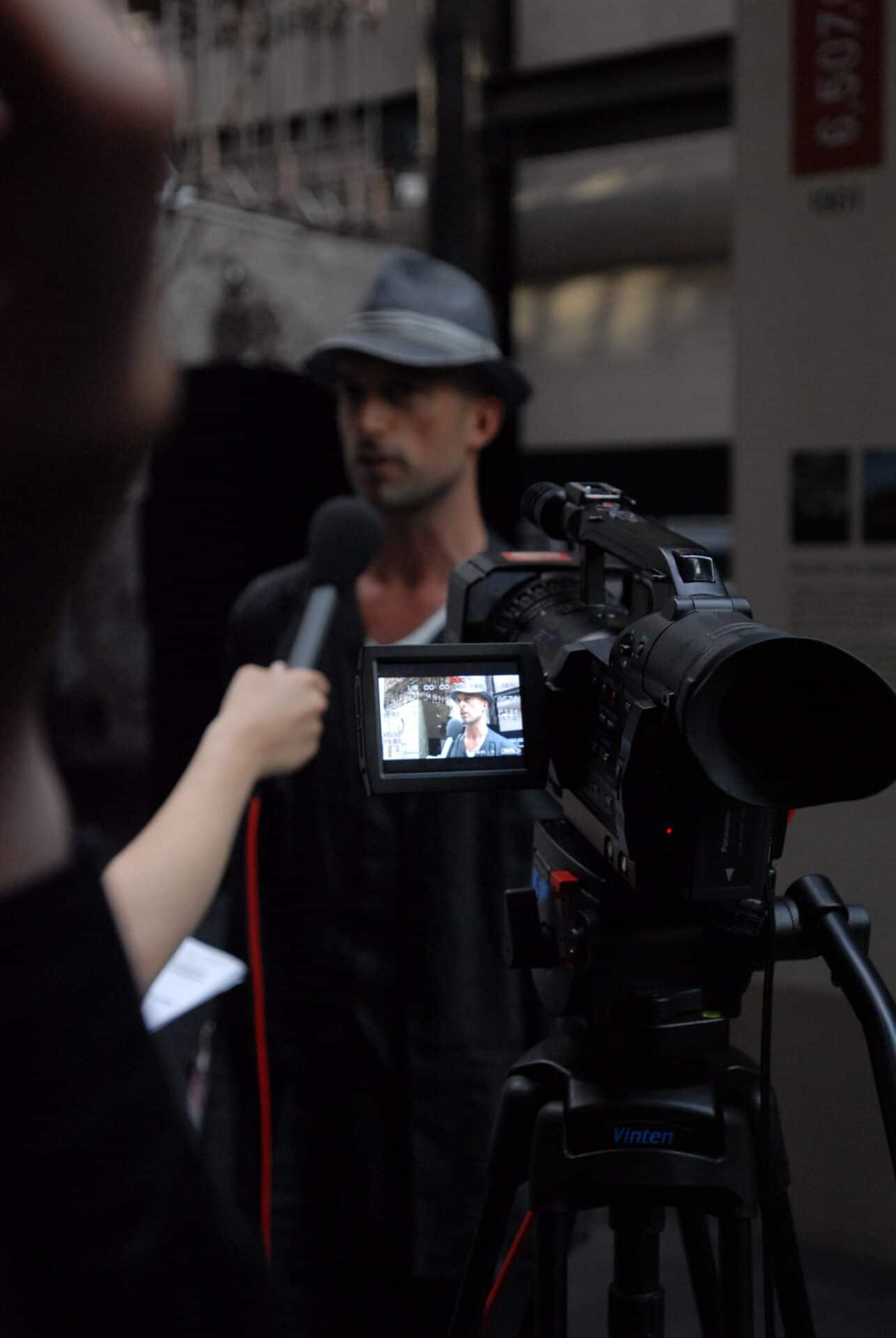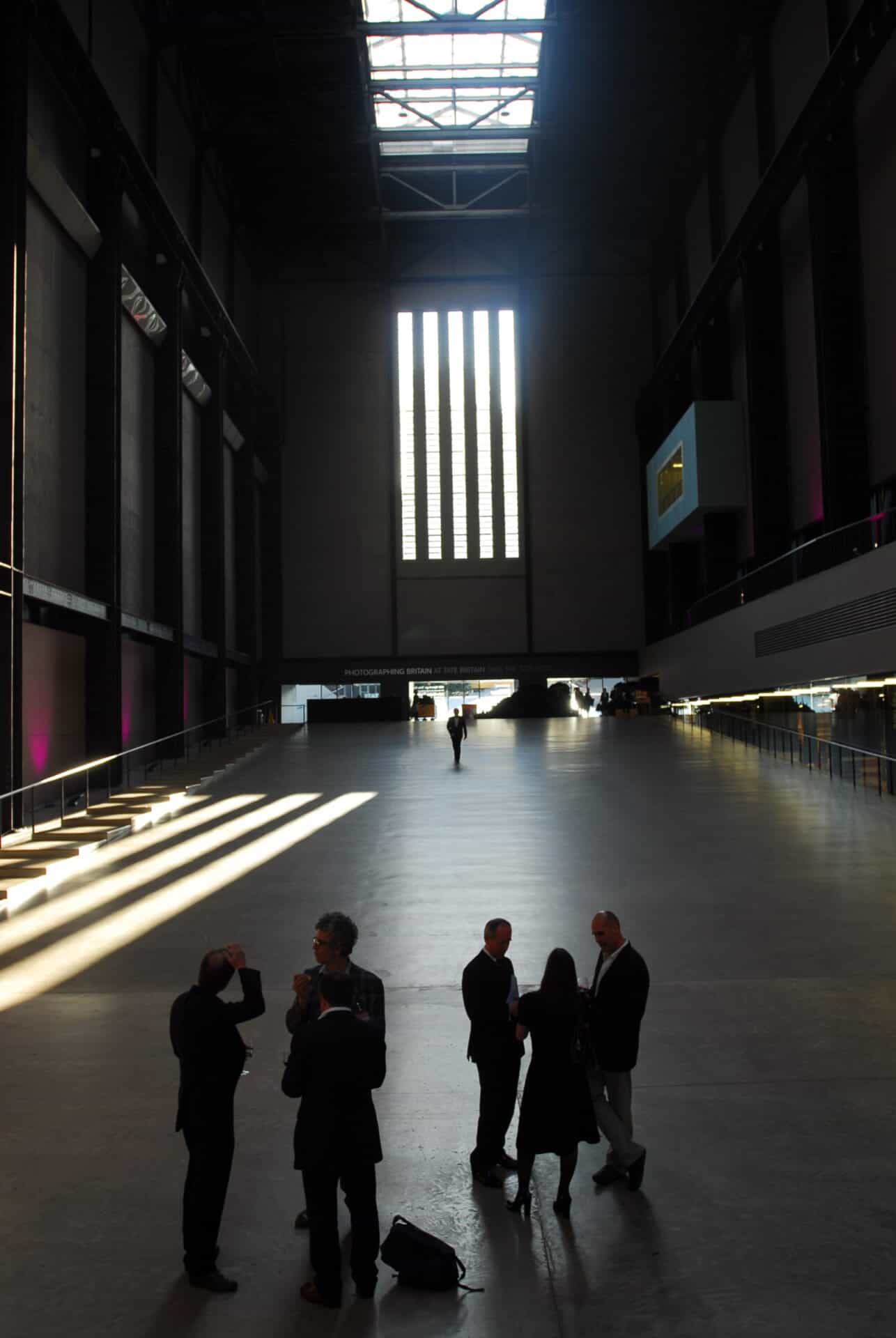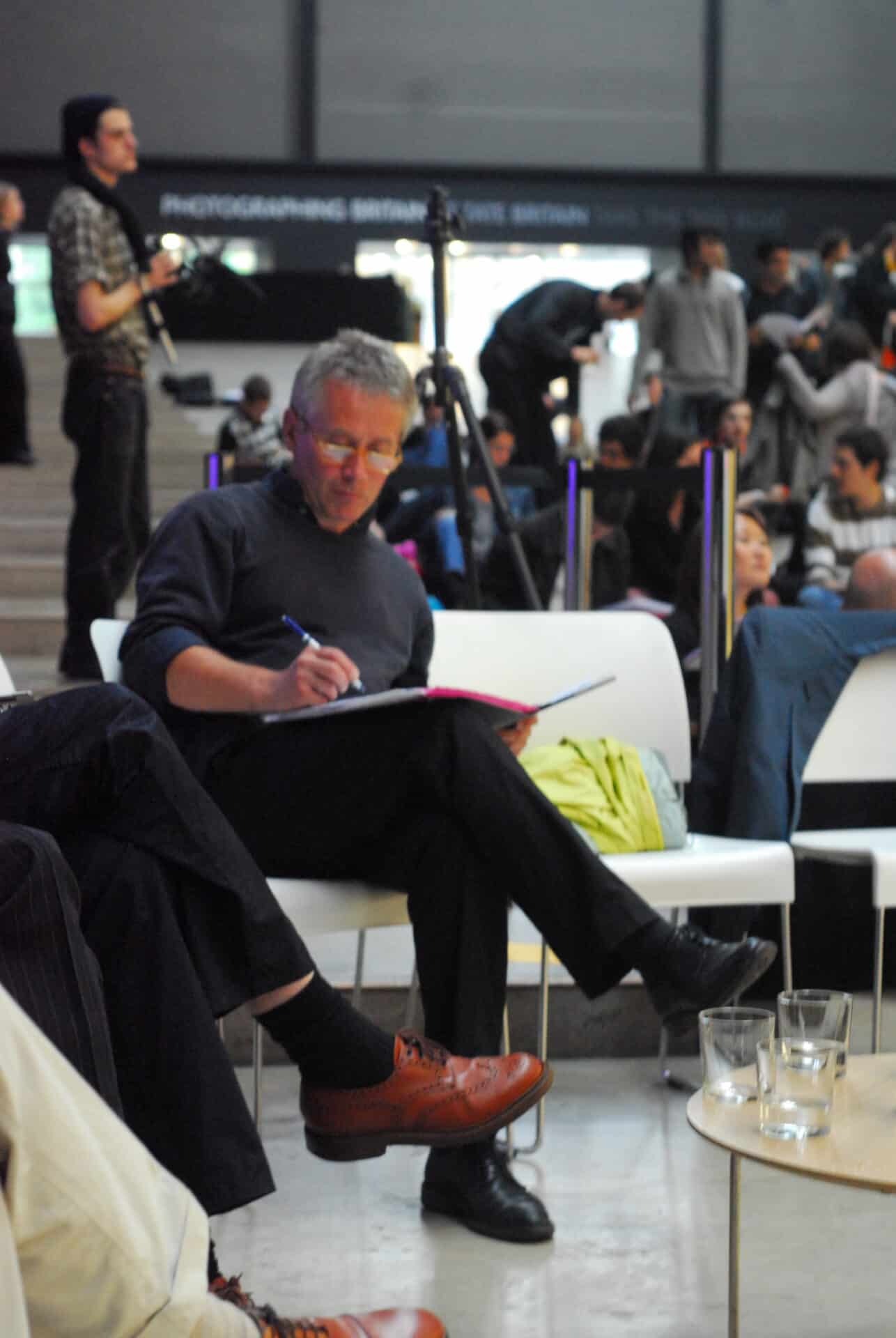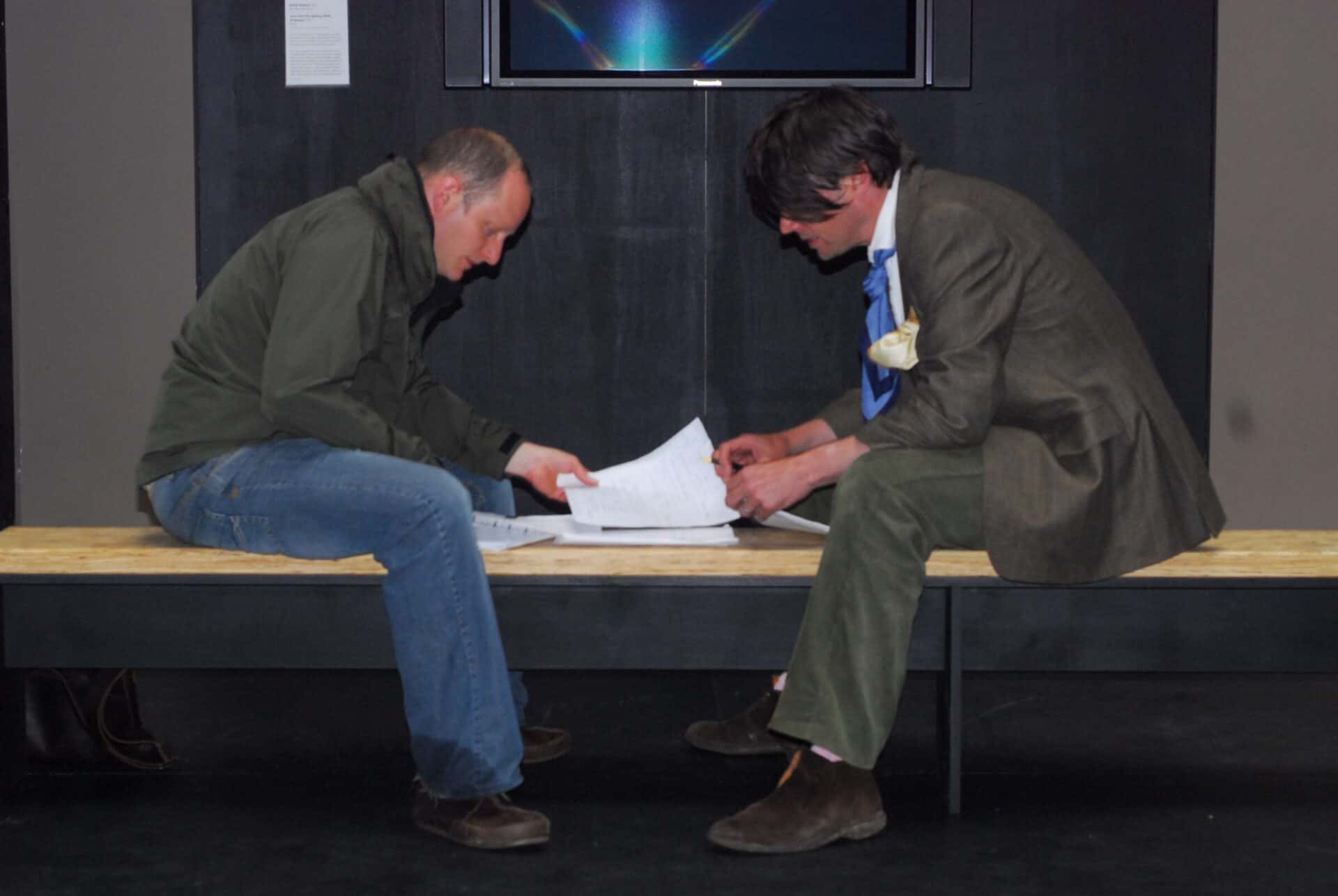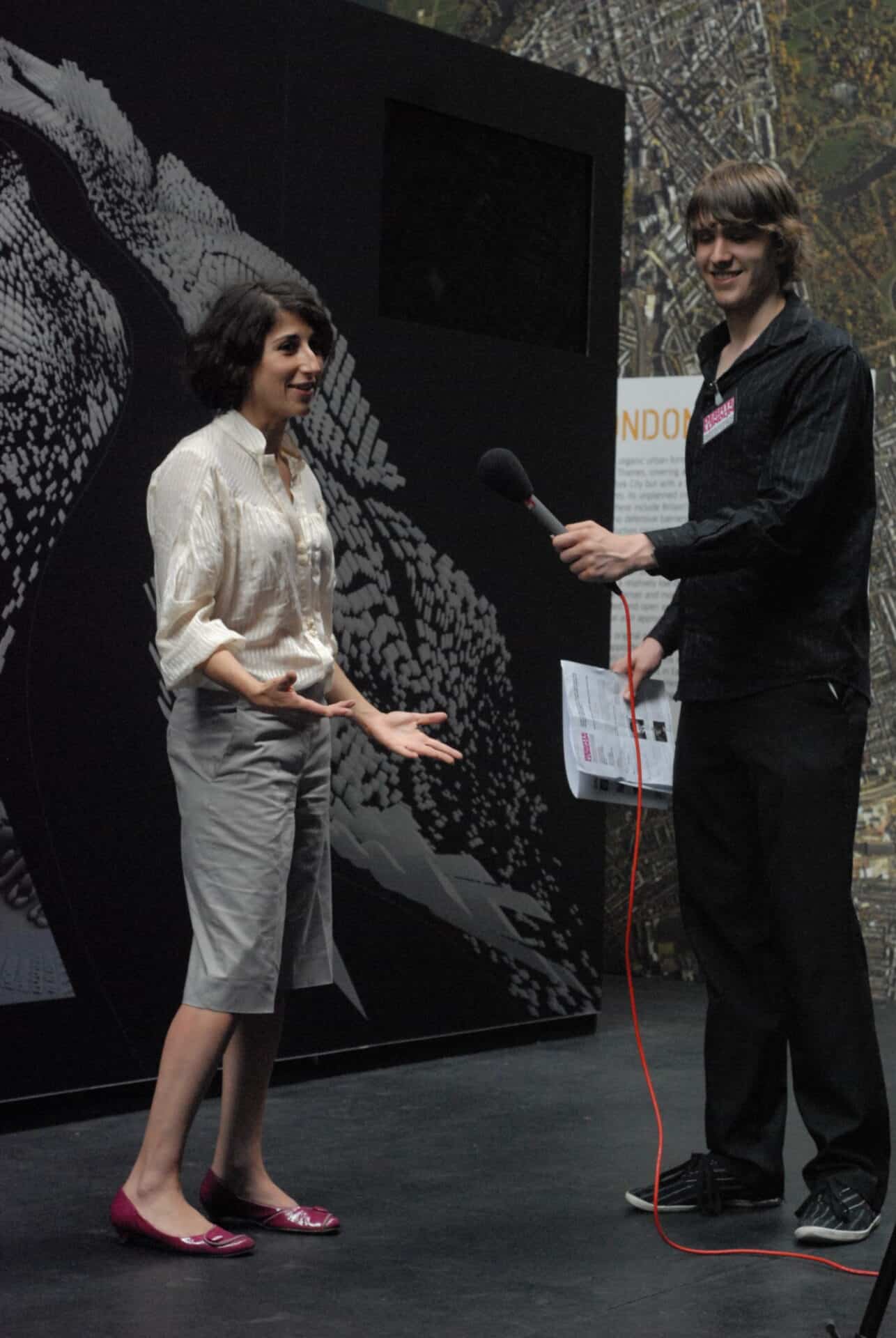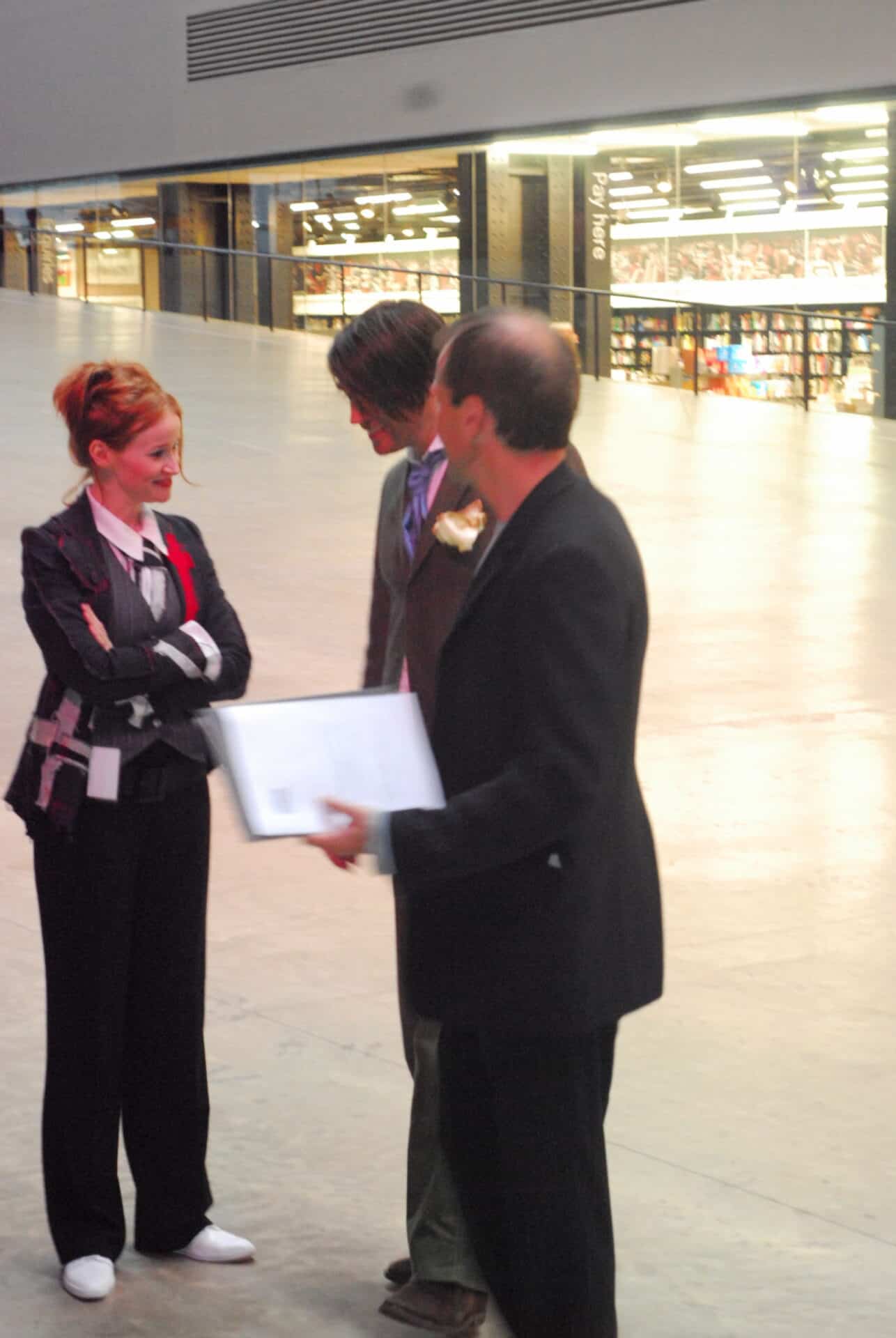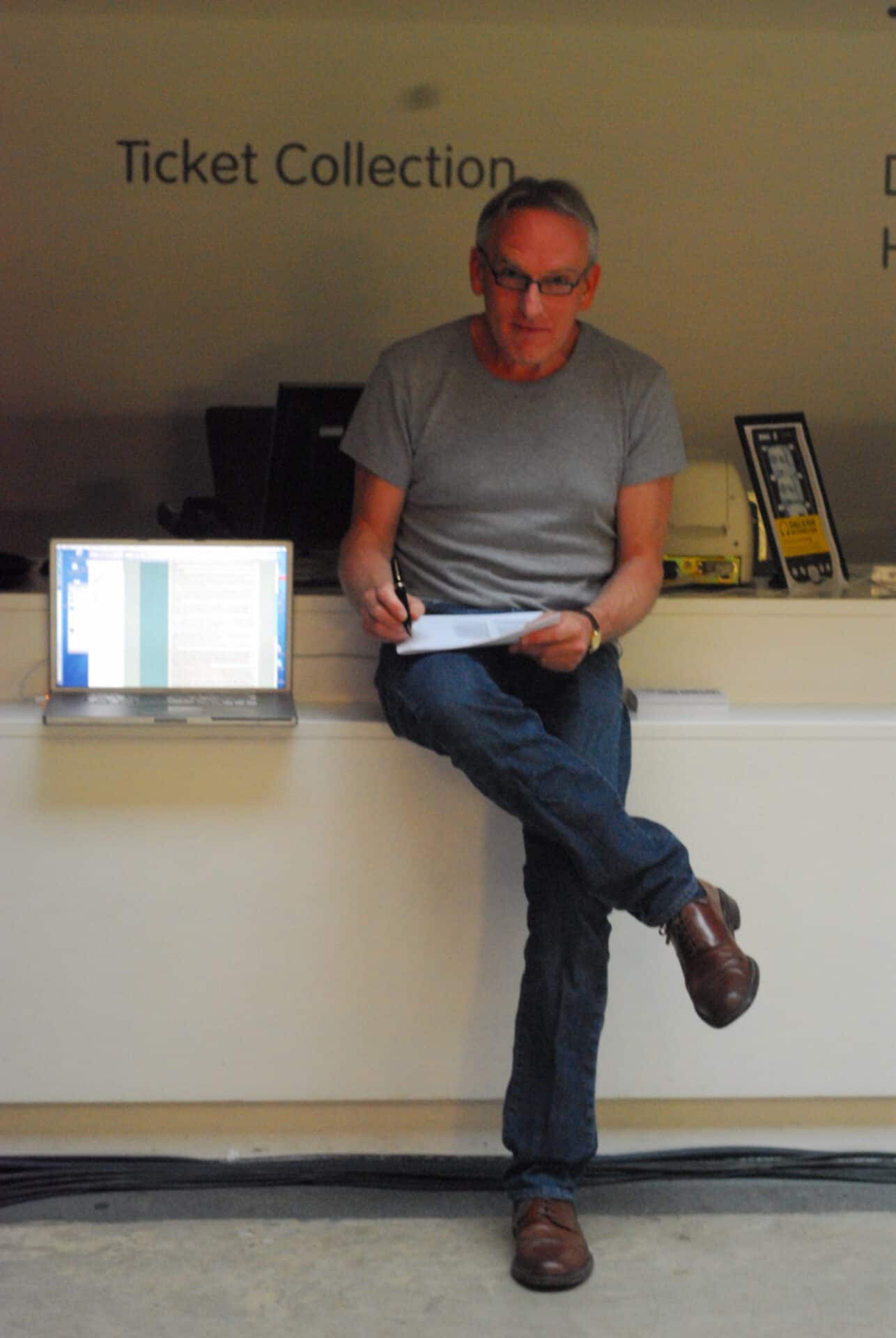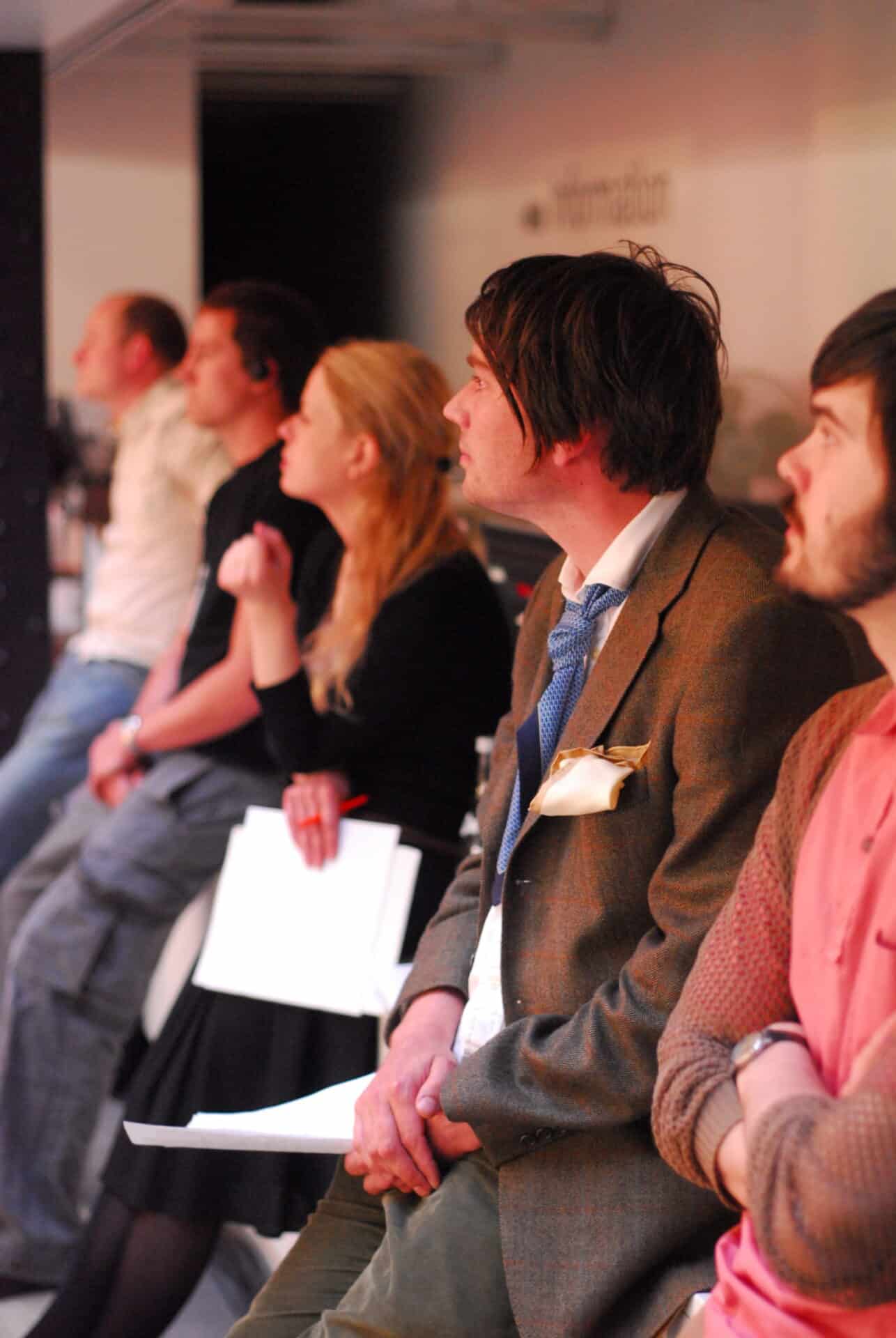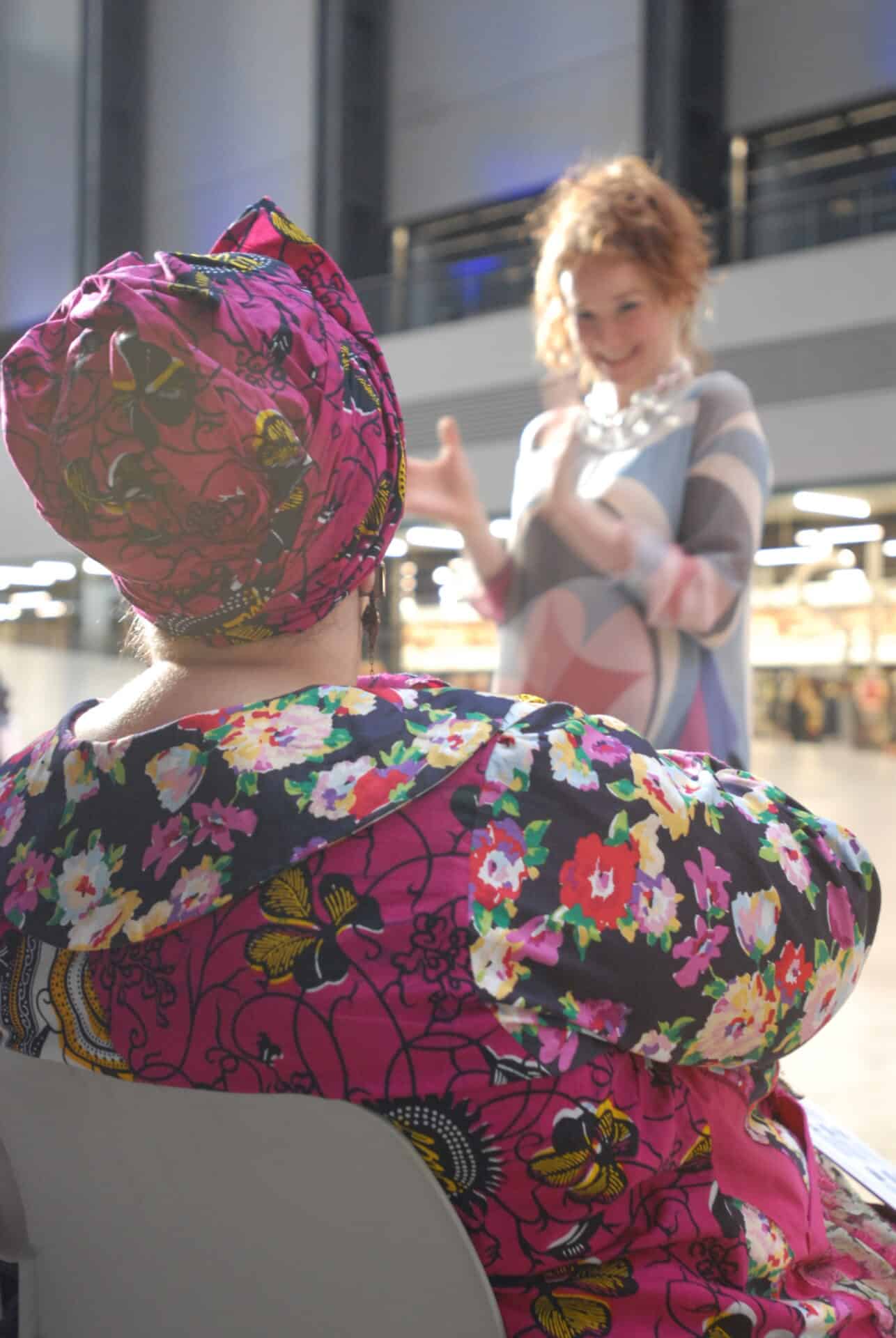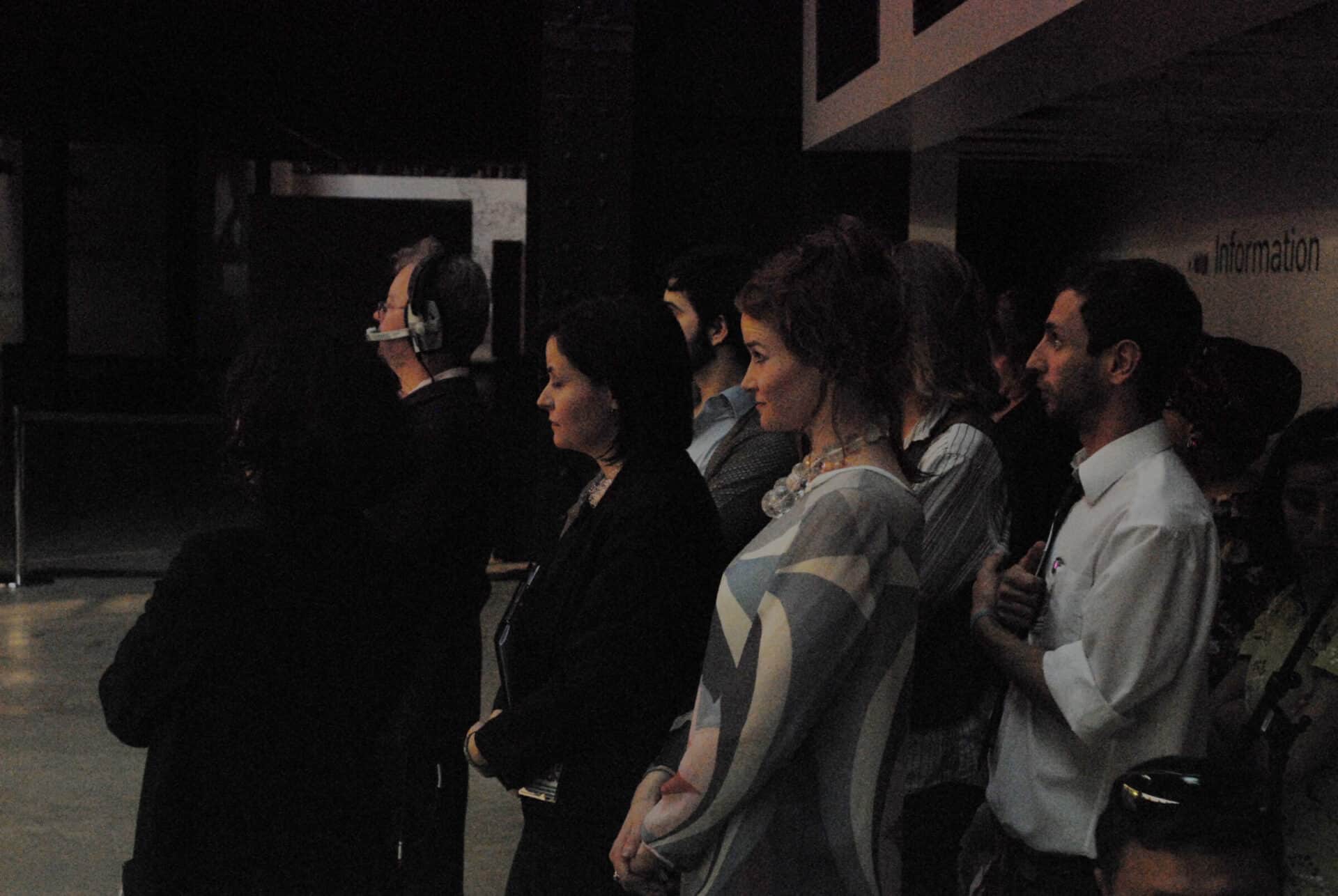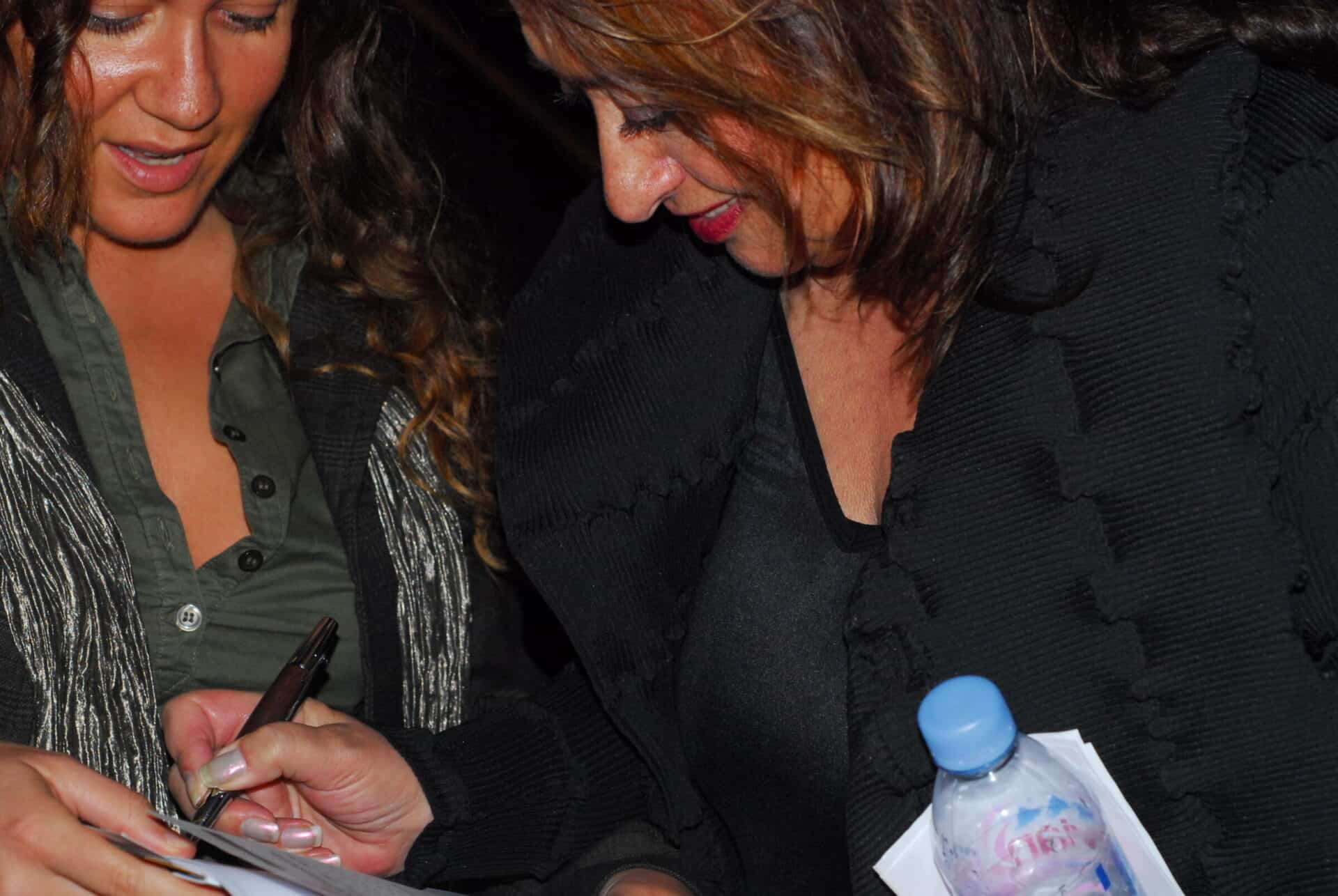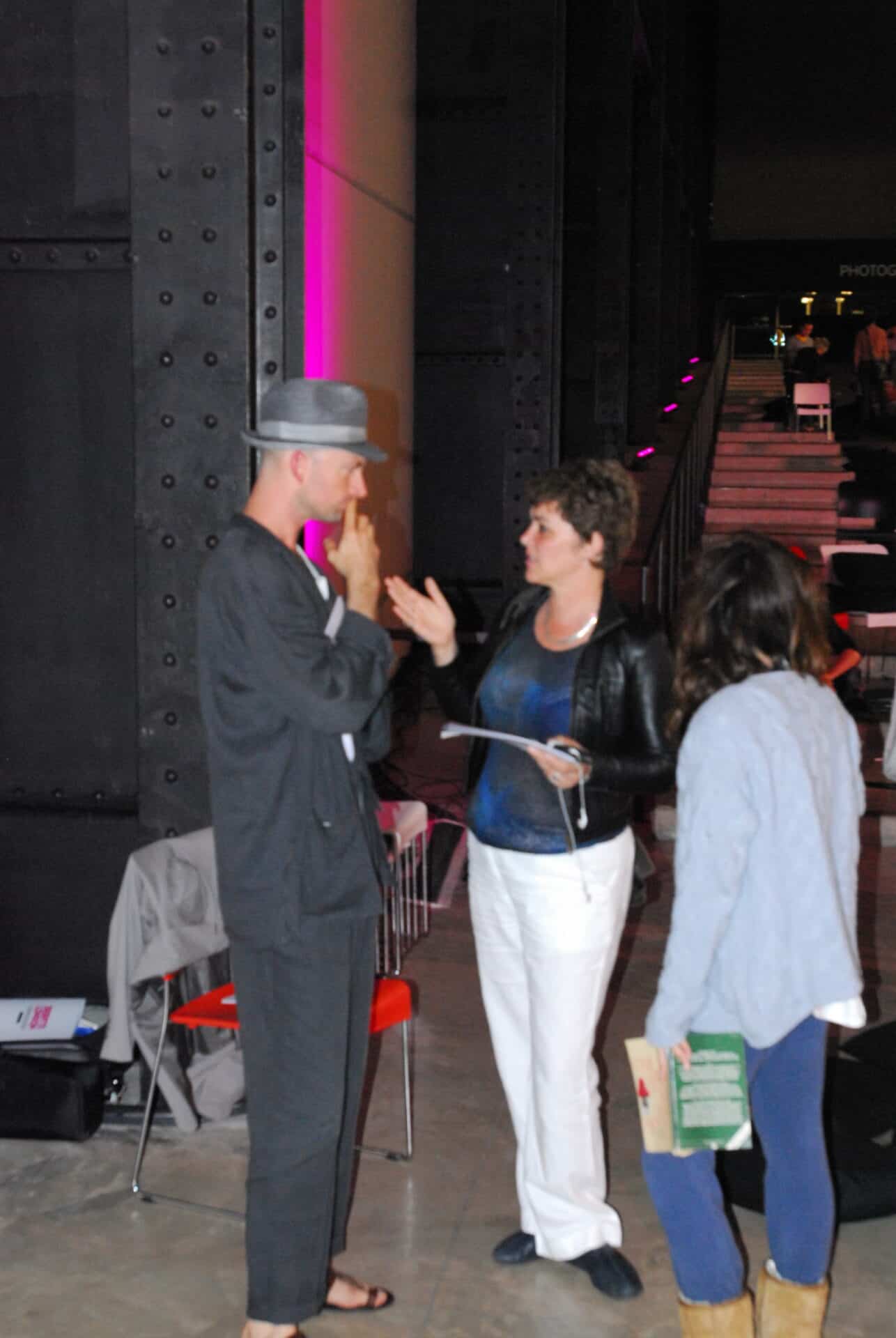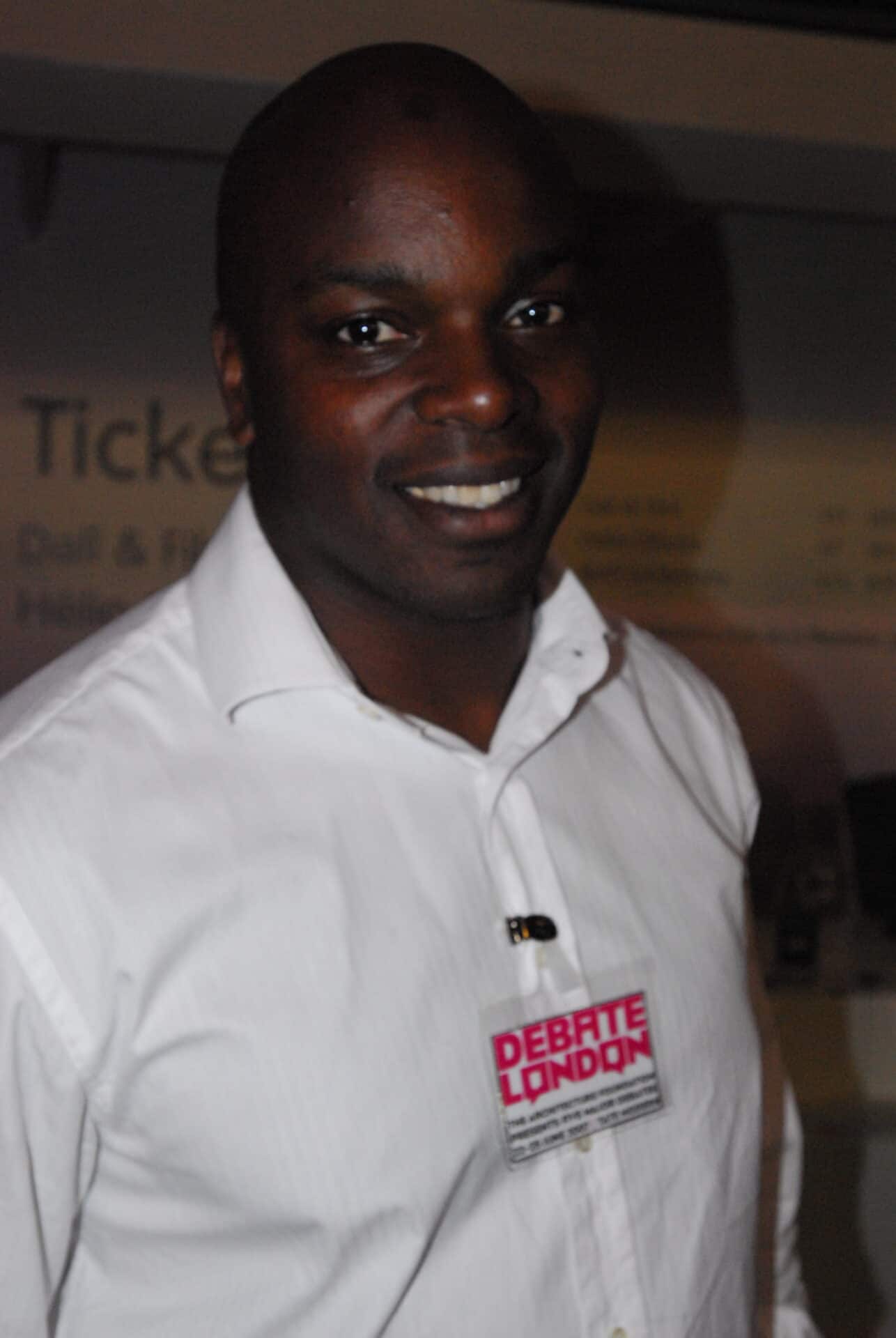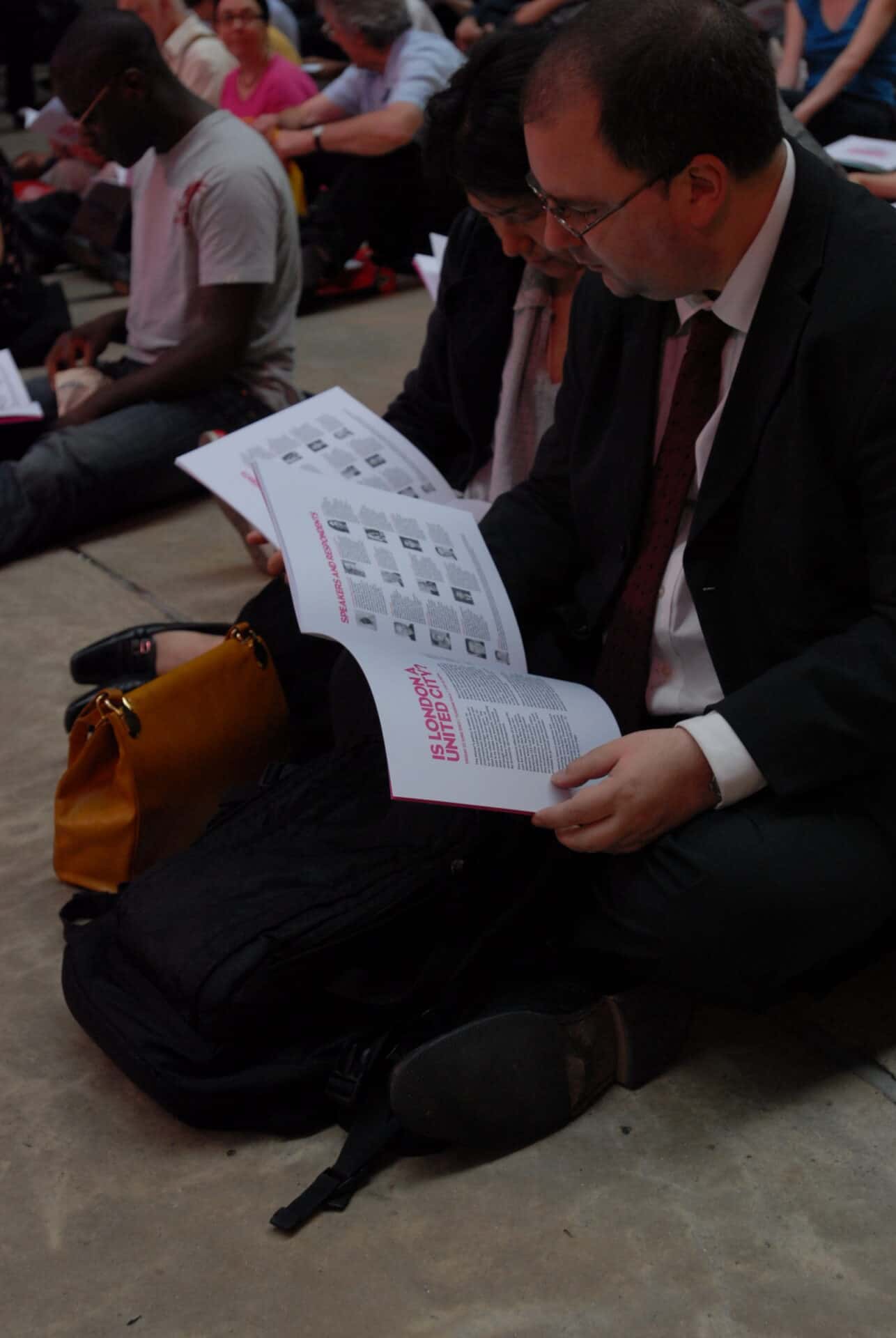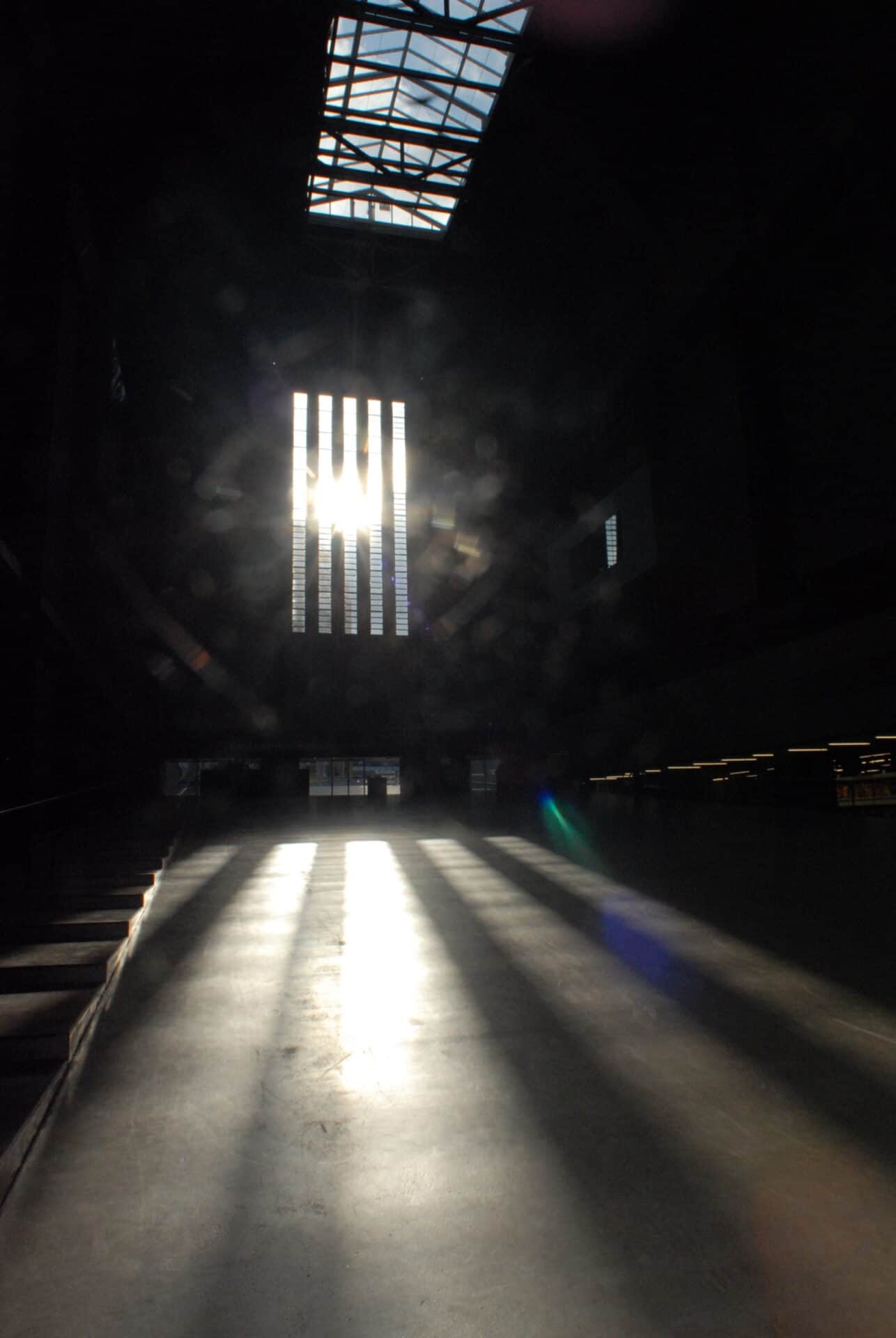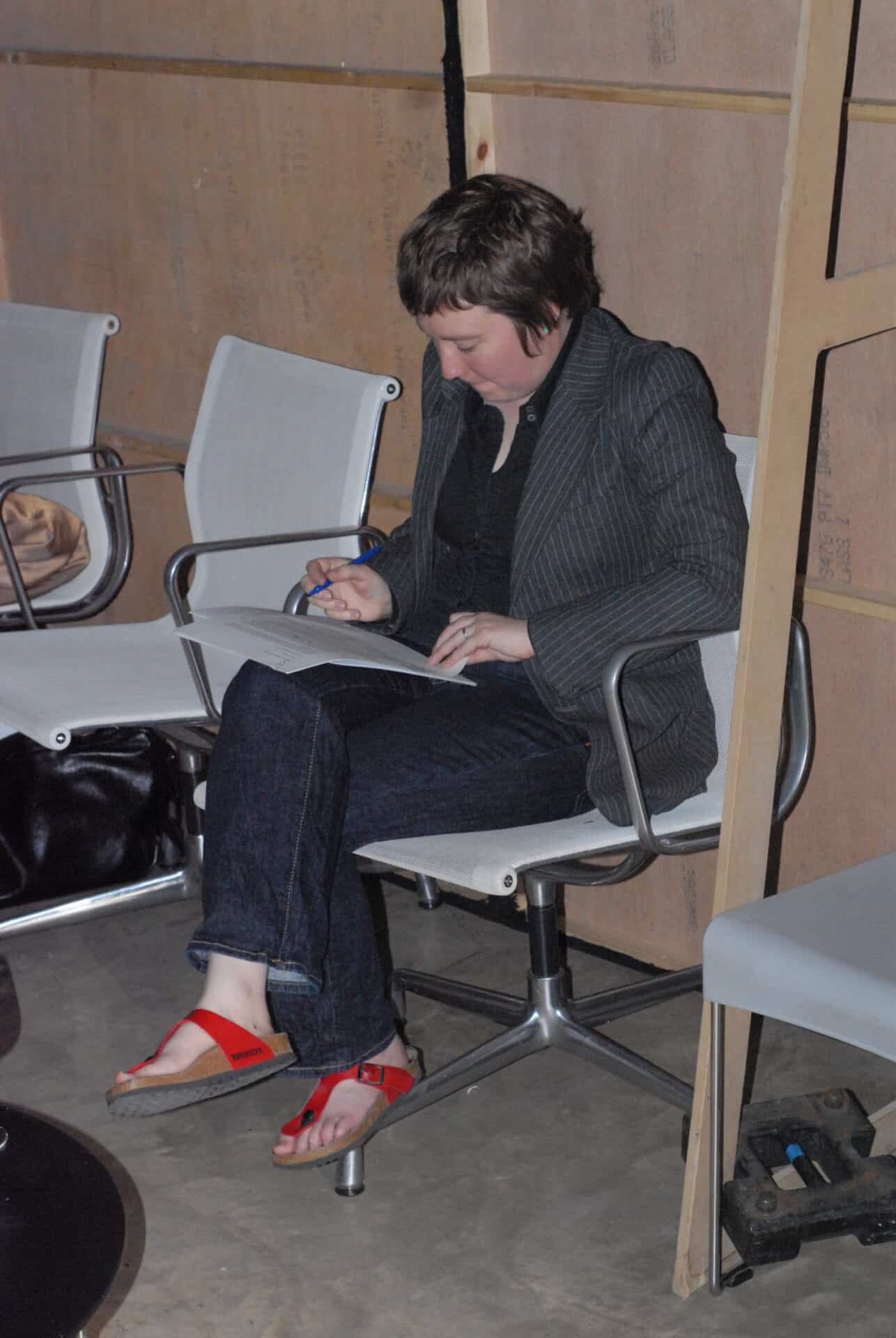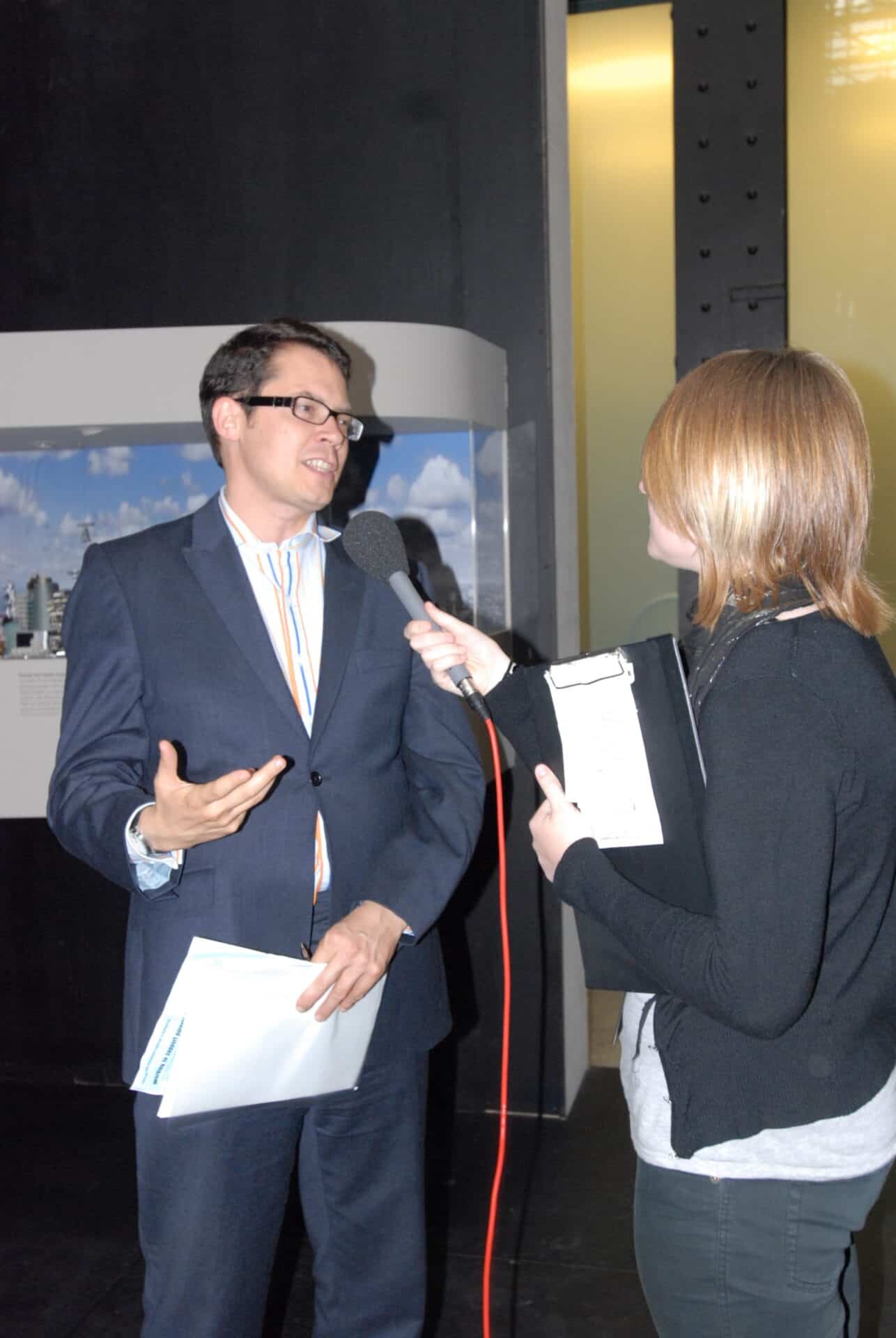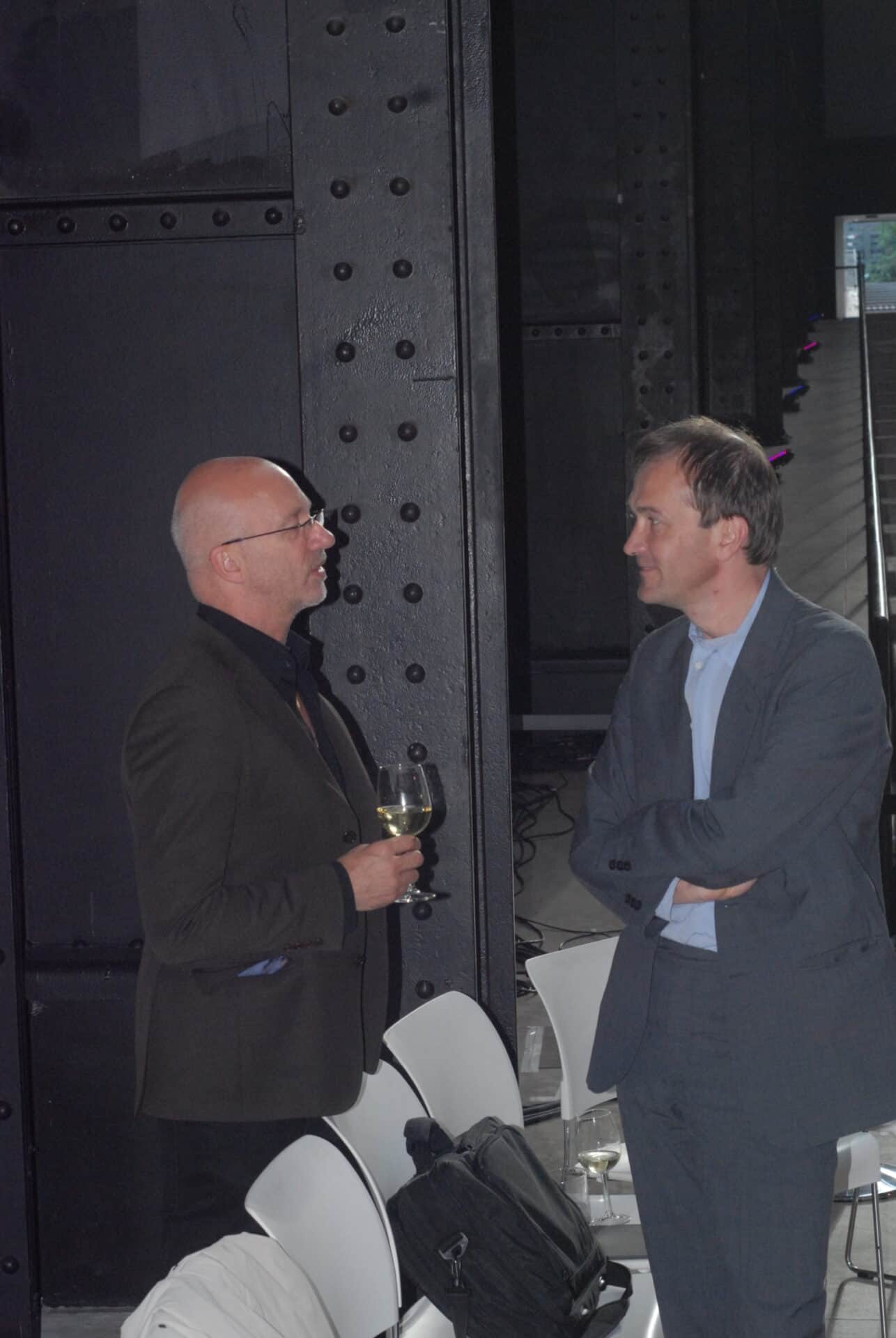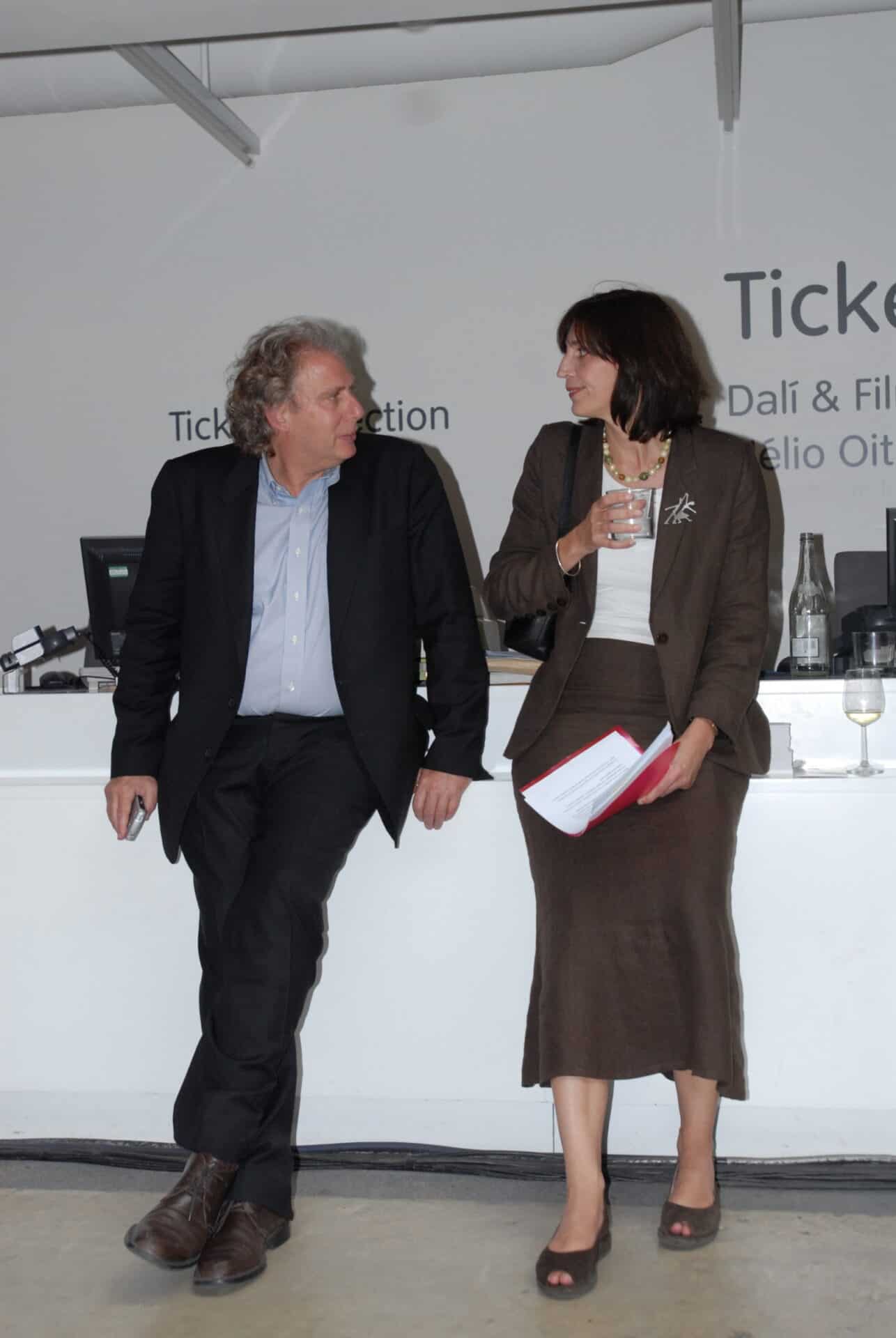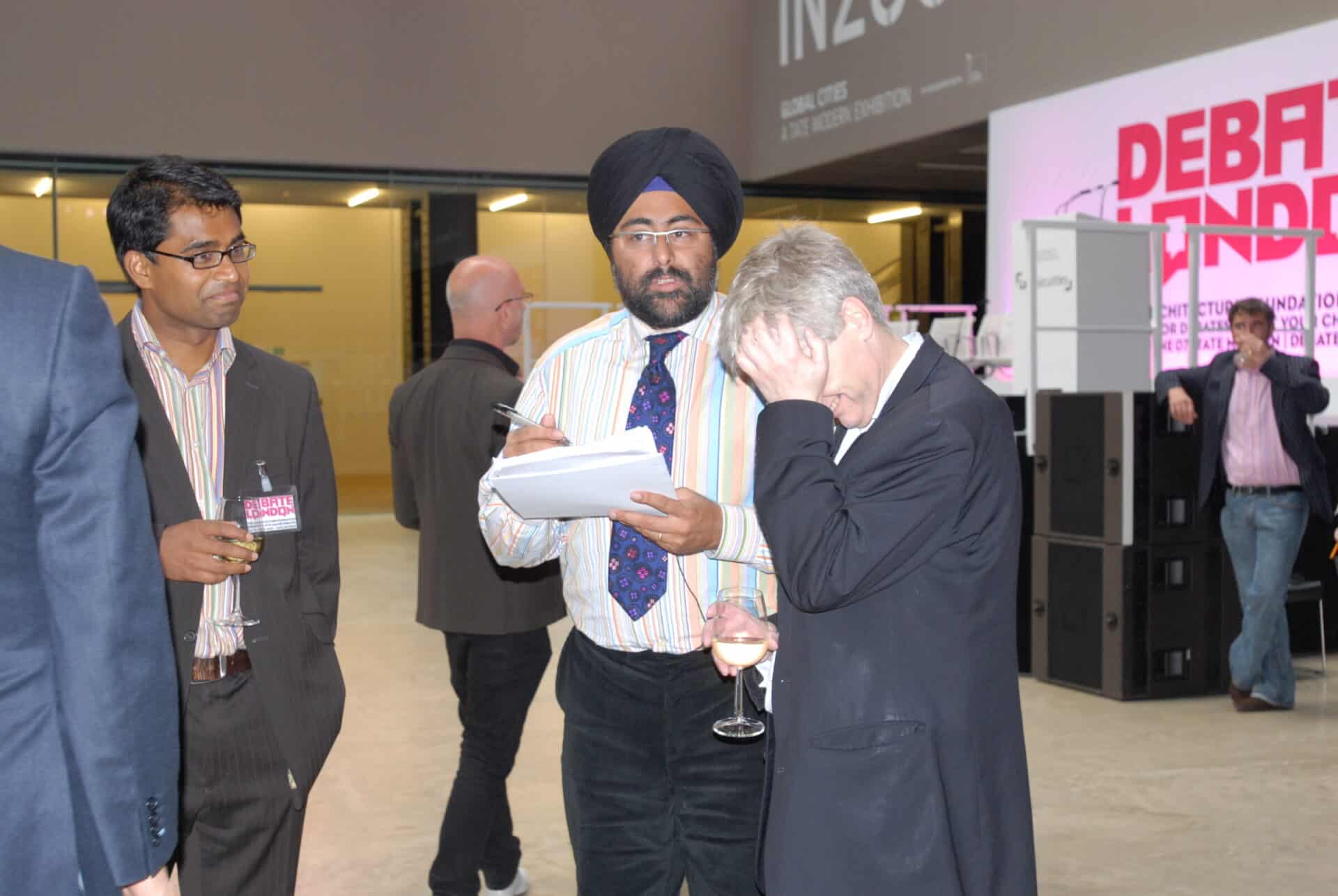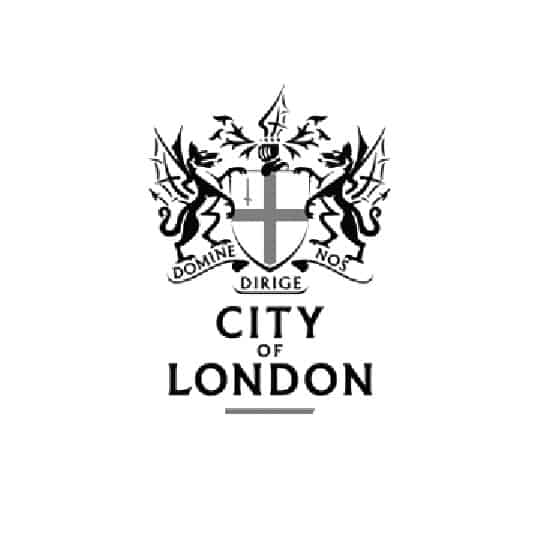Next – Project
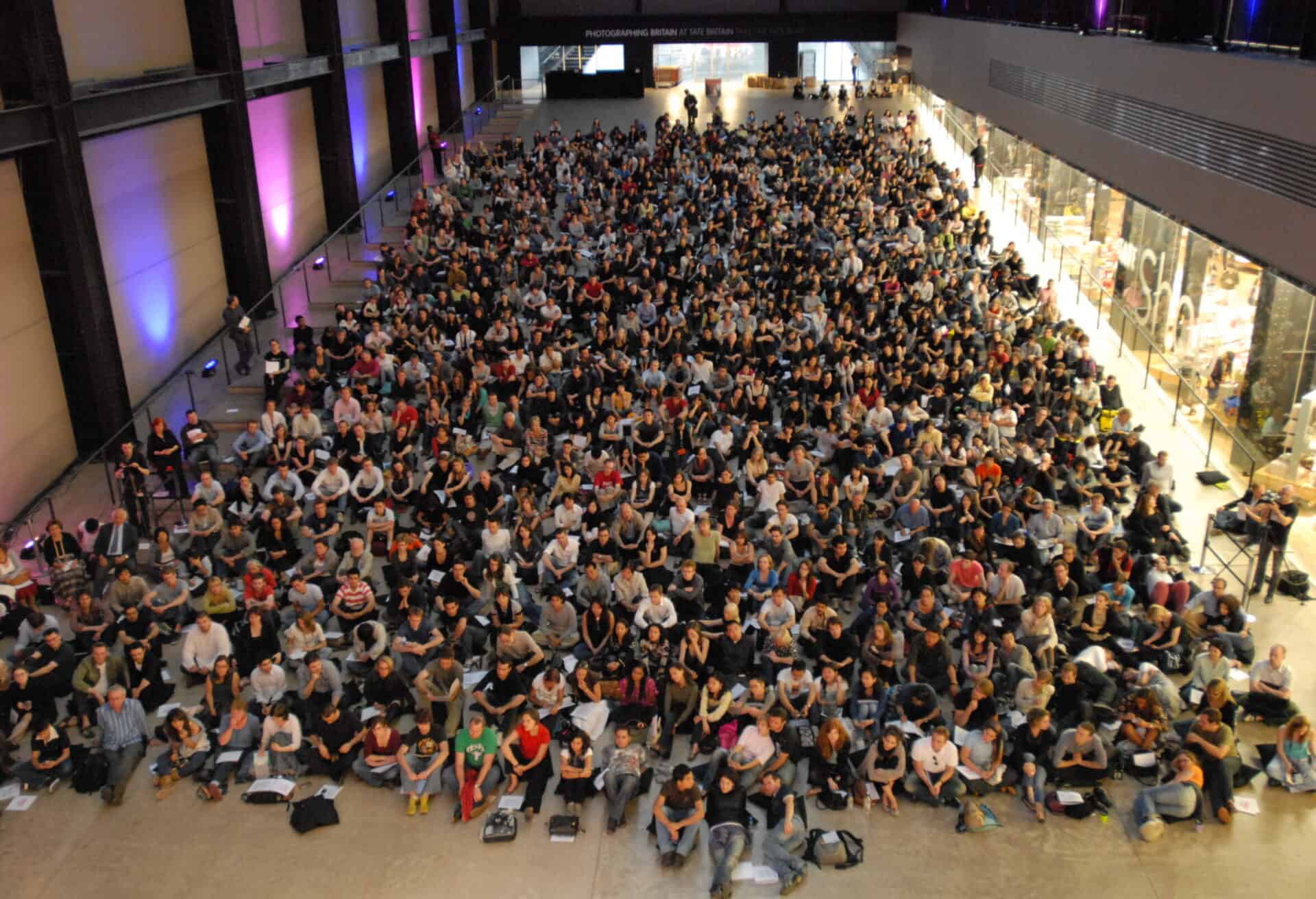
Debate London asked what sort of city we want London to become and whether dramatic change makes a better city.
London is a great city at an exceptional time in its history. It is becoming richer, more populous, more diverse. Cranes litter the skyline and its architecture is becoming more bold. Change raises many issues.
Is London becoming more beautiful, more inspiring and more enjoyable to live in? Or are we creating new slums, with tiny flats stacked up in cheap new blocks? Is the city’s transformation sustainable, or will it lead to a hangover at the next down turn? How do we meet the aspirations raised by the 2012 London Olympics? How can we address social divisions and climate change in a booming city? How can we alive a better built environment in a growing city?
These were crucial questions at the time, given the UK’s continued neoliberal governance, the relevance of the upcoming Olympics and preceding any discussions about an impending Brexit.
In a timely and essential series of debates, Debate London explored and dramatised these issues, engaging both a wide London public and a rich array of speakers. It turned the Turbine Hall of Tate Modern, one of the great public spaces of London, into a resonant forum of public discussion.
Over four evenings, each with an average audience of 1000, Londoners debated if the city unites people of different incomes and background and invited speakers to name what changes they most want to see. The series examined how sustainability and growth could go together and how wealth could translate into a more beautiful city. Panellists included influential thinkers, writers, politicians and other experts. Three public polls reflected wide public opinion and a Q&A was also part of each event. Each debate began with an introduction of relevant statistics provided by IPSOS Mori.
Generation London, a community outreach education programme, gave the city’s school students the chance to challenge the assumption of adults and put forward their own points of view in a daytime debate. In addition, the B.Lab multimedia studio, gave them the opportunity to interview members of the public and the debate participants and make a film, that drew together the themes and opened up the debate to wide audiences.
A dedicated project website and a series of invited breakfasts enabled the theme to be examined further.
Debate London was central to The Architecture Foundation’s ongoing role as an independent and influential advocate for the best contemporary architecture, and for its ability to change cities for the better. The object of Debate London was to open up awareness and aspirations among the public, professionals, politicians and the media; to highlight critical issues and ultimately, to influence the future shape of London.
All evening debates took place in the Turbine Hall at Tate Modern. The daytime education programme took place in the Starr Auditorium and in the B.Lab studio.
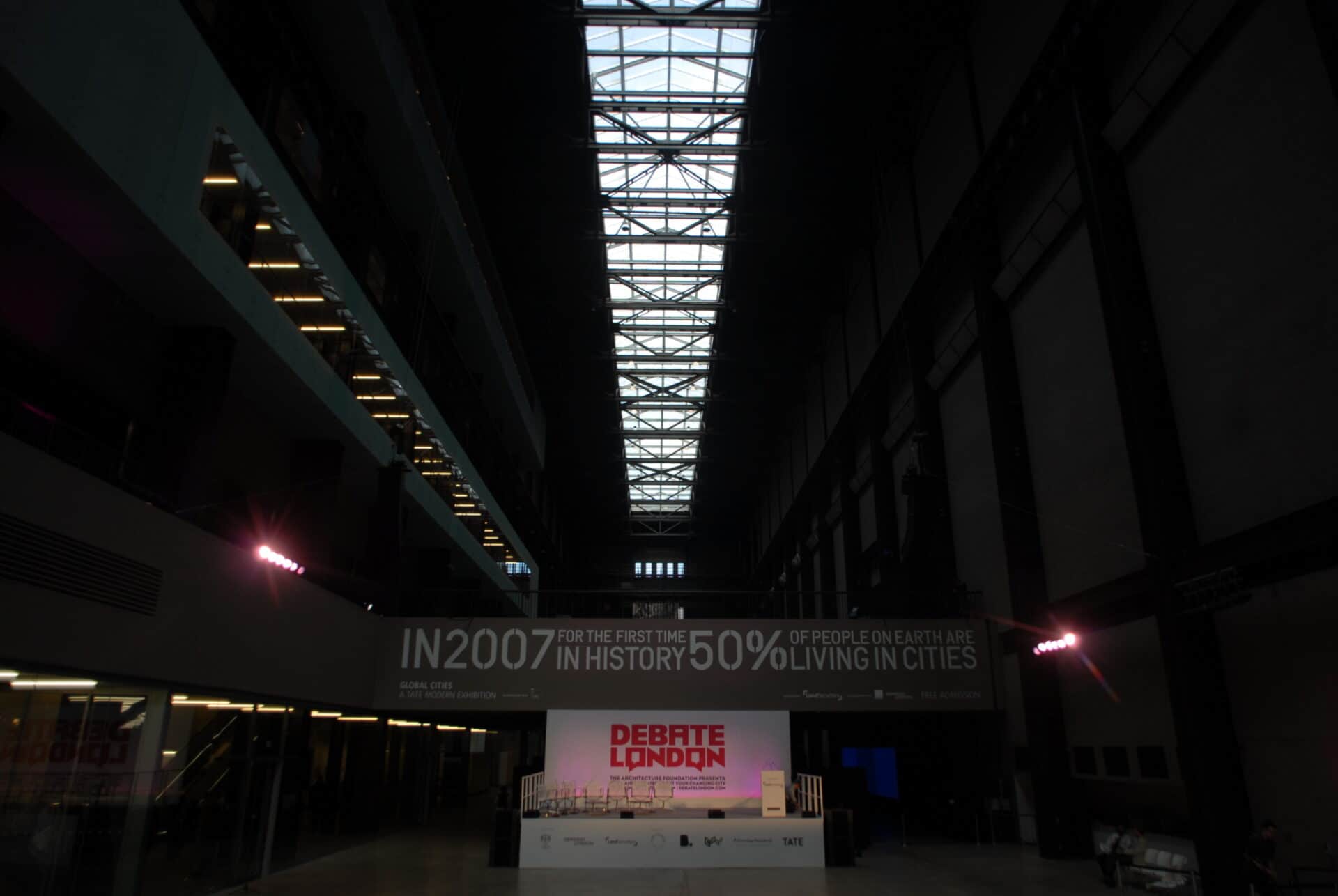
“More people, more money, more new buildings, a population of whom 35% were born outside the United Kingdom, the surpassing of New York as a the world’s leading financial centre; London is now experiencing change of the kind that comes around once a century. History books will be written about the city we live in now.
There is a frenetic atmosphere, composed of both excitement and fear. Excitement comes from London’s high energy and the feeling that anything is possible. For comes from terrorism, and the threat of extremism and conflict generated by a high-pressure city. It is also a place of winners and losers; those who are getting rich, and those who can’t afford a home. There is a sense that London is living on the edge.
Development and architecture play a major part in the city’s change. The new homes – over 450,99 over a decade – that London needs, and its new offices, require construction. Some of the Mayor’s biggest powers are over planning. Property developers are planning huge projects in places like Stratford and Kings Cross, and towers ob the skyline. They are also asked to help pay for affordable housing and new public spaces, catting out the tasks that local authorities used ot do.”
– Rowan Moore, 2007
Director, The Architecture Foundation
Public Debates
Summary
Certain themes came through the debates powerfully. Most Londoners have a strong loyalty to their city. They wouldn’t want to be anywhere else. Feelings are perhaps more positive than they have ever been. At the same time, the issue that most concerns them is the perception that the gap between haves and have-nots is widening, especially at it is played out in the cost of housing.
Few opposed growth and change, as they might have done in the past. The feeling was more that Londoners wanted the best possible future for their city. Richard Rogers called for the development of the Thames Gateway to create places to be proud of, and Tristram Hunt argued for a return to the Victorian civic pride that created museums, libraries and parks.
Zaha Hadid argued for more architectural ambition in large-scale developments and she and John Bird engaged in a debate on the power of modern architecture to improve people’s lives. Shaun Bailey, drawing on his experience of living on a council state, made the devastatingly simple point, that noise is one of the most destructive forces on urban living: better sound-proofing means better quality of life.
Community Outreach
Overview
Generation London formed a lively and constructive debate, emphasising the desire of a younger generation to engage with an incredibly broad range of issues pertaining to the city in which they live.
Education consultants, Nimble Fish, conducted several workshops in the weeks preceding Debate London to prepare four London-based schools to address issues of the evening debates. The topics included diversity, sustainability, growth and aspirations for the future. Students debated in front of an audience of 200 peers and invited adult participants and offered a fascinating counterpoint to the content generated by the evening debates. The Big Vote concluded the youth debate and generated valuable insights into the concerns of London’s next generation of residents.
Think Tank Breakfasts
One speaker, one chair and upto 10 participants generated discussions on key London issues. Debate London’s think tank breakfasts occurred in the weeks leading up to the public debates. Following Chatham House rules, unattributed conclusions appeared on the project website and formed part of the briefing to the evening debates.
Does London’s Planning Work?
05 June 2007
Guest speaker: Sir Simon Milton, Leader, Westminster City Council
Chair: Rowan Moore, Director, The Architecture Foundation
Venue: Herbert Smith LLP HQ
London’s planning system is complex and lacking clarity, relying heavily on precedent and the opinion of experts and committees. It can cost £500,000 to secure a planning consent and much more if a project goes to public inquiry. But is it the least bad system? What can be done to make it work better? How can greater speed and certainty be achieved, while protecting and enhancing the existing fabric of London?
2012: What’s Happening?
15 June 2007
Guest speaker: David Higgins, Chief Executive, Olympic Delivery Authority
Chair: Rowan Moore, Director, The Architecture Foundation
Venue: Evening Standard HQ
Speculation and commentary are swirling around the 2012 Olympic Project, the most significant event in the modern history of London. But what is actually happening? how will it be successfully delivered? Will the ambitions for legacy be compromised by the need to deliver the Games on time? And what will it do for London?
How Can London Be Both Big and Beautiful?
20 June 2007
Guest speaker: Peter Bishop, Director, Design for London, Mayor’s Office
Chair: Stuart Fraser, Deputy Chairman, POlicy and Resources Committee, City of London
Venue: Guildhall City of London
London is booming. It is growing in population and wealth. Russian oligarchs and Arab investors bring their money here. Young French professionals are here in force. The results can be seen in shining new developments and towers. But does this make London a better city for everyone, or does it just create congestion and a mismatch between rich and poor? How can London’s success be turned to the benefit of the whole city?
Press and Marketing Campaign
Debate London teamed up with General Assembly, a cultural branding agency spearheaded by Ben Weaver and supported by Beth Serota, to realise an exciting and effective press and marketing campaign.
Six bold questions framed the campaign. 250,000 copies were printed and distributed in postcard format with media partners, including Time Out London, Evening Standard Magazine, London Calling and Tate Guide. In addition, key cultural organisations distributed the questions onsite to visitors, including the British Museum, Design Museum, Institute of Contemporary Arts, Museum of Docklands, National Gallery, Museum of London, Old Truman Brewery, Serpentine Gallery, Tate Britain, Tate Modern, Victoria and Albert Museum and Whitechapel Gallery. Greater London Authority (the Mayor’s Office) and Visit London (the city’s tourism board) also played a significant role. This approach generated a high volume of public awareness and broad brand recognition. During the week of the debates, the questions were literally the talk of the town.
The press and marketing campaign was supported by online activities led by The Architecture Foundation and also included two public polls.
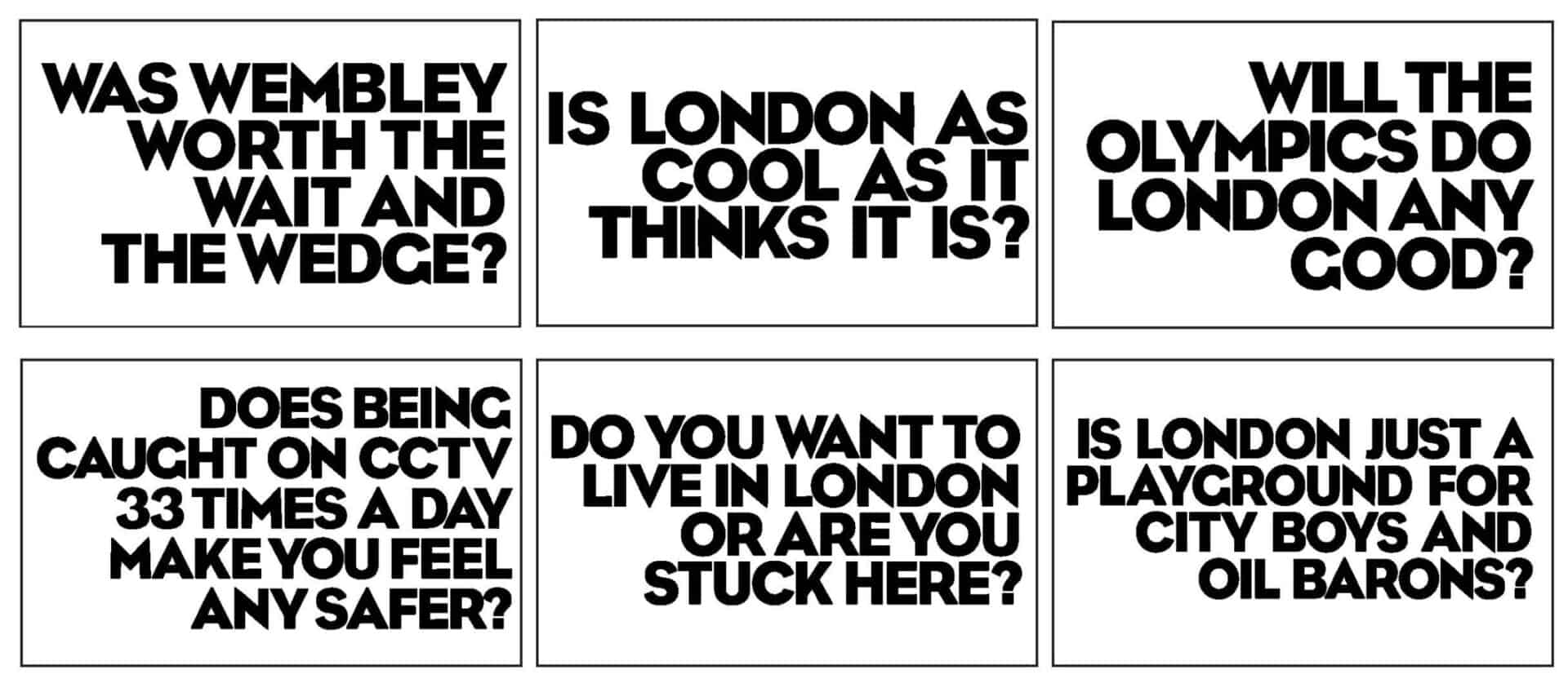
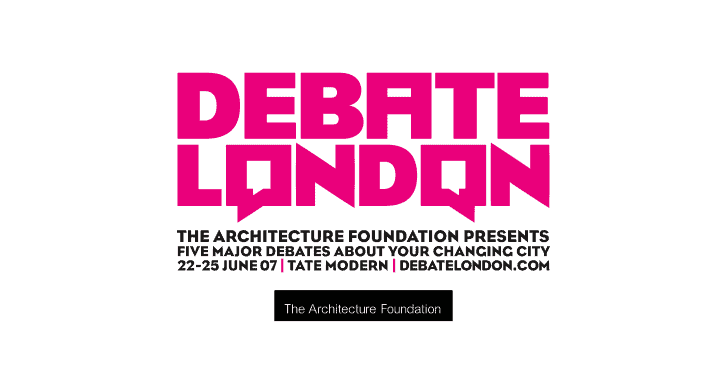
Public Poll Results
The London Poll by Debate London
Q1: Is London as cool as it thinks?
62% Yes
38% No
Q2: Is London just a playground for city cowboys and oil barons?
22% Yes
78% No
Q3: Will the Olympics do London any good?
66% Yes
34% No
Q4: Do you want to live in London or are oyu stuck here:
74% Yes
26% No
Q5: Does being caught on CCTV 33 times a day make you feel any safer?
27% Yes
73% No
The London Voice Poll by Evening Standard
Q1: Would you say that you currently live in London because you want to or because you have to?
41% I want to
32% It’s habit of both
18% I don’t live in London, I only work here
07% I have to
02% I don’t know
Findings: Those under the age of 35 are significantly more likely to state that they want to live in London (48%) than their older counterparts. Those who live in inner London are also significantly more likely to state that they want to live in London (55%) in comparison to those who live in outer London (39%).
Q2: Do you expect to spend your whole life in London?
49% No
26% Yes
26% Don’t know
Findings: Those between the ages of 25-34 are much more likely to state that they will not spend their whole life in London (58% say ‘no’ versus the all-reader average of 49%). This group is more likely to be starting out on their career path and perhaps this suggests that they have been drawn to London because of career prospects. Could they be using the city as a springboard?
Q3: Would you prefer to live in the countryside?
44% Maybe some day
31% No
22% Yes
04% Don’t know
Findings: Men are slightly more likely to want to live in the countryside (24% versus 20%). Those in the 45-54 age group are most likely to state that they want to live in the countryside (27%), as are people who currently live in the Home Counties (42%) .
Q4: Would you prefer to live in another city?
56% No
27% Yes
17% Don’t know
Findings: Those in the 25-34 age group are significantly more likely to want to live in another city (34%) and those aged 55+ are least likely to want to live in another city. Those living in inner London are also more likely to state that they would like to live in another city (30%).
Q5: Thinking about two famous landmarks, St Paul’s Cathedral and the Gherkin, please tell us which one you love more?
62% St Paul’s
32% Each has its own appeal
04% Gherkin
01% I don’t like either
01 % I don’t know
Findings: The number who selected St Paul’s increases with ascending age i.e. the older ht respondent, the more likely they are to favour St Paul’s over the Gherkin. In addition, the further out of central London people live, the more likely they were to choose St Paul’s (inner London 58%, outer London 63%, Hoe Counties 67%). 10% of those under the age of 24 chose the Gherkin over St Paul’s, in comparison to only 2% of those over the age of 55.
Q6: The media is continually reporting on London’s booming economy and how it is attracting big business and the super-rich.
Below are a number of statements about the effect this might have on living in London. Could you please tell us to what extent you agree or disagree with each statement?
‘London is just a city for the rich.’
36% Agree slightly
32% Disagree slightly
23% Disagree strongly
07% Strongly agree
Findings: Younger readers are much more likely to agree with this statement, with agreement levels decreasing with ascending age.
Total agree: 44%
<35: 44%
35–44: 50%
45-54: 40%
55+: 37%
‘London is a city for people of all incomes.
40% Agree slightly
30% Disagree slightly
19% Disagree strongly
10% Strongly agree
Findings: As could be expected, levels of agreement with this statement show the revers picture of the previous question, with agreement levels rising with ascending age.
Total agree: 59%
Under 35: 52%
35–44: 58%
45-54: 63%
55+: 67%
‘The divide between the rich and everyone else in London is widening’.
46% Agree slightly
40% Disagree slightly
08% Disagree strongly
02% Strongly agree
‘Attracting more big business and rich people to London benefits all residents of the city.’
45% Agree slightly
25% Disagree slightly
14% Disagree strongly
11% Strongly agree
‘Wealthy enclaves that push everyone else out are becoming a problem in London.’
45% Agree slightly
28% Disagree slightly
18% Disagree strongly
04% Strongly agree
Q7: Each city has its own character and appeal. You might not love London just the way it is, but if London were to become more like another city, which one would you most prefer it to be?
45% A European city such a s Barcelona: more densely populated, with apartment block living and with good quality squares. streets. parks and public buildings pad for with public money. Those under the age of 35 (50%) and this who live in London (49%) are more likely to choose this option.
30% An English garden city: plenty of trees, detached houses spread over a wide are, most buildings two storeys of fewer: More likely to appeal to those over the age of 55 (35%) and those living in outer London (35%).
04% An American city such as Phoenix, Arizona: less planning, more freedom to build what you like, a lot of roads, very spread out.
02% An Asian city such as Tokyo: much more densely populated, more dynamic, modern and energetic.
19% None of the above.
Q8: In recent years the idea of green living has gained popularity, but green living normally involves making sacrifices which could, for example, result in restriction and control on cars and rubbish disposal, higher taxes on flights or higher costs to construct or renovate buildings.
On a scale of 1 to 10, how willing are you to make such sacrifices to improve the environment?
Mean score: 7
Q9: Do you think that the regeneration work associated with London hosting the 2012 Olympics will help to improve the city in the long term i.e. after the Olympic Games are finished?
55% Yes
32% No
12% Don’t know
Findings: Levels of agreement decreased with ascending age.
Under 35: 63%
35–44: 57%
45–54: 48%
55+: 49%
Backstage
Credits
Debate London was made possible by the energy, talent and generosity of a great many people: the staff and trustees of The Architecture Foundation, project partners, sponsors, funders and supporters. To them are due great thanks for helping to create an exceptional and important event.
Project Team
Rowan Moore, Director, The Architecture Foundation
Nathalie Weadick, Deputy Director, The Architecture Foundation
Jade Niklai, Curator of Public Programmes, The Architecture Foundation
Justin Jaecke, Project Assistant
Jill Borten, Development Coordinator
Collaborators
Marketing and Press
General Assembly: Ben Weaver, Beth Serota, Dan Norris, Ray Shaughnessy, Rebecca Ward
Development
Naomi Russell+Partners: Naomi Russell, Sasha Morgan
Education – Generation London
Nimble Fish (Greg Klerkx, Samantha Holdsworth)
Creative Partnerships (Sue Other) and Futurecity (Mark Davy)
Website Content
Debate London Project Team, Kieran Long, Jaffer Kolb
Web Support
HED Studio (Henry Estroffe, Ajay Shokar)
Event Production
Tate Modern, Redsky (Craig Becker, Garin Wilby and Team)
Documentation
Film – Marcus Werner Hed, Jeremy Valender
Photography: Tomas Zdanius
Special Thanks
Tate Modern and ‘Global Cities’ curatorial team: Sir Nicholas Serota, Adrian Hardwicke, Sheena Wagstaff, Ricky Burdett, Sarah Ichioka, November Payner, Kathy Noble, Marko Daniel, Stuart Comer, Achim Borchardt-Hume, Anna Cutler, Elli Cartwrights, Claire Eva
The Architecture Foundation Team: Elias Redstone, Ghandi Sooriyakumar, Tor McGlade, Deborah Sher, Noel Bramley
For additional support: Michael Cassidy, Sir Robert Finch, Ian Lindsey, Sir Stuart Lipton, Charles Rifkind, Tony Travers, Louis Vorster
All speakers, sponsors and supporters.

